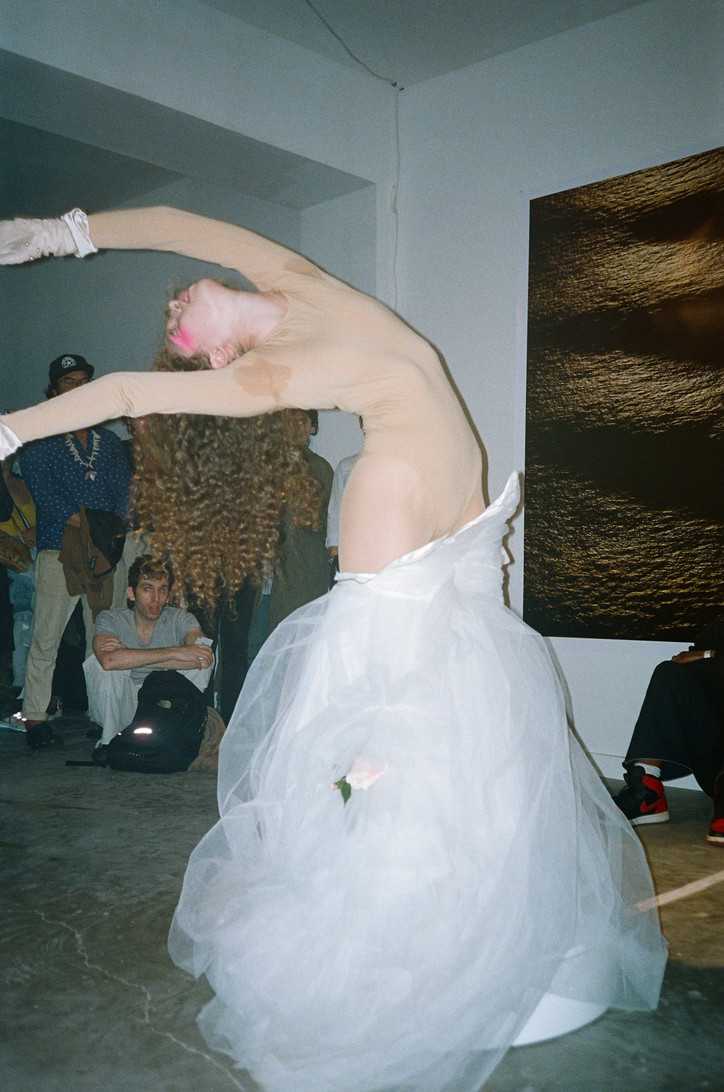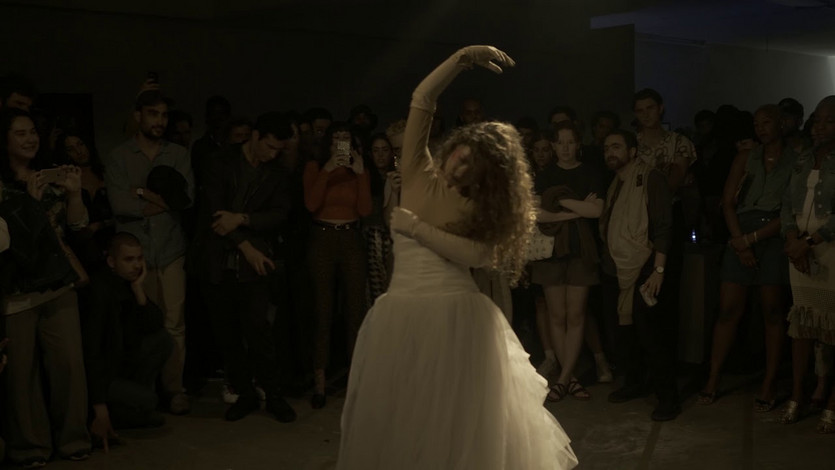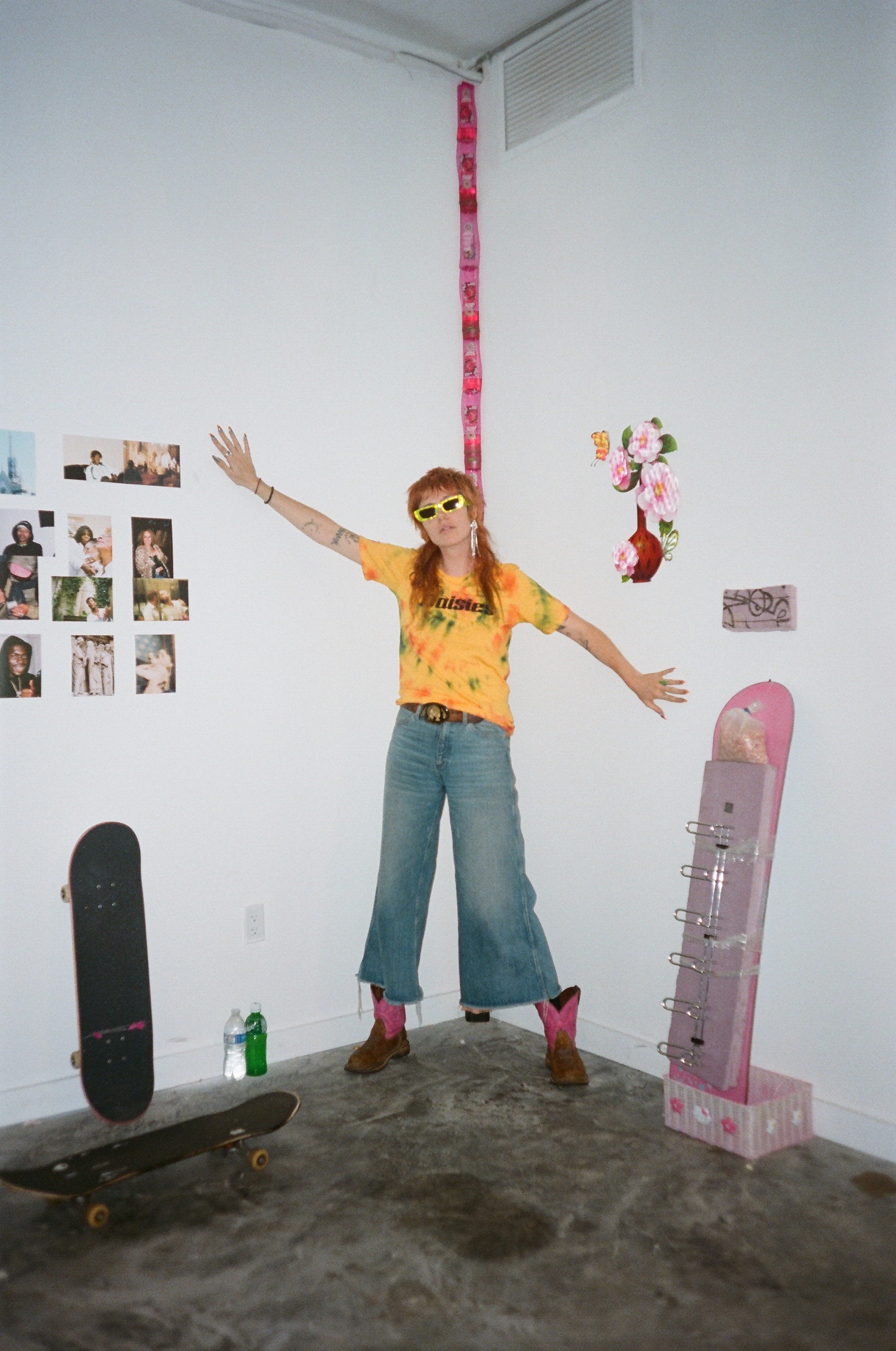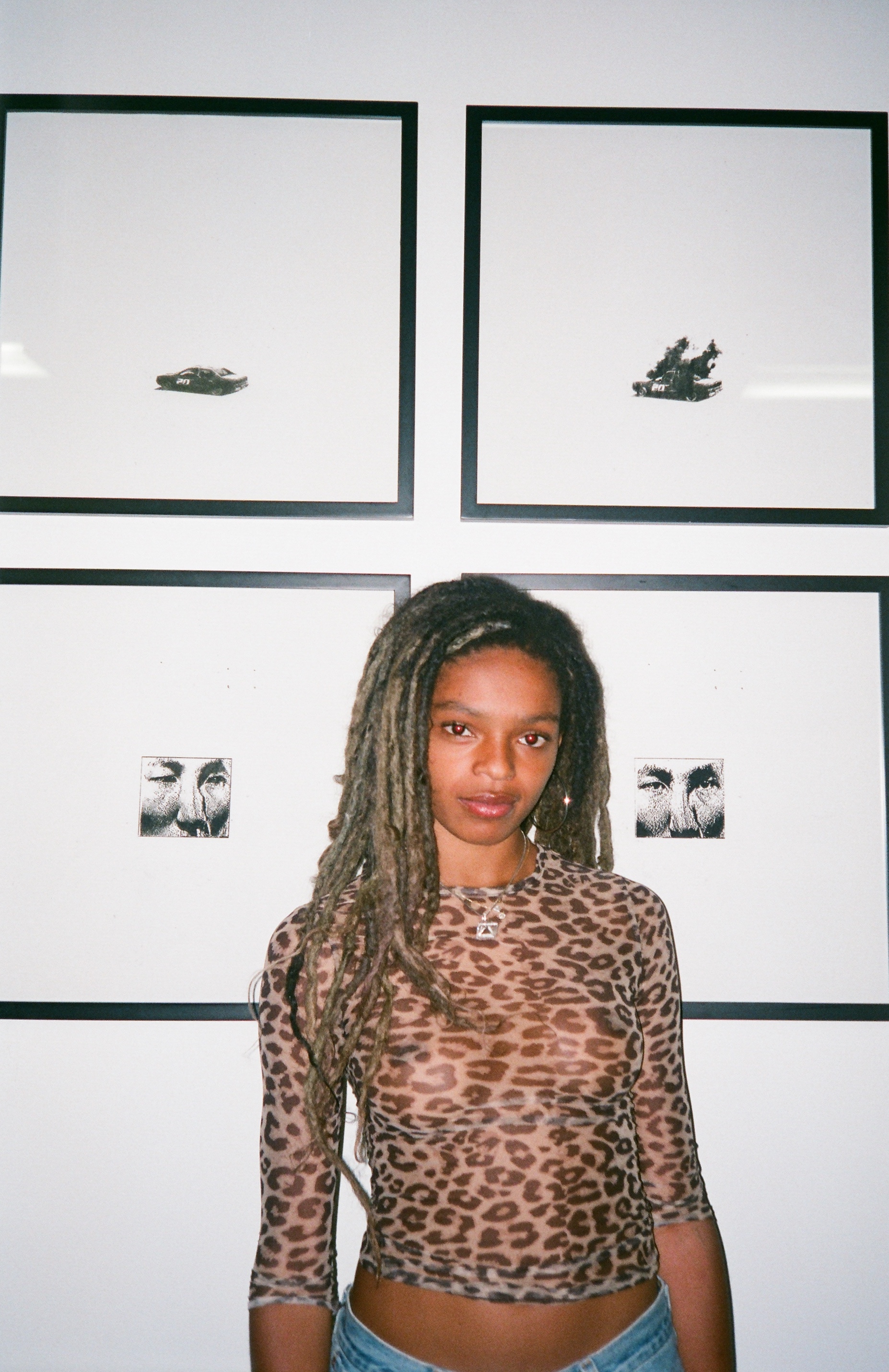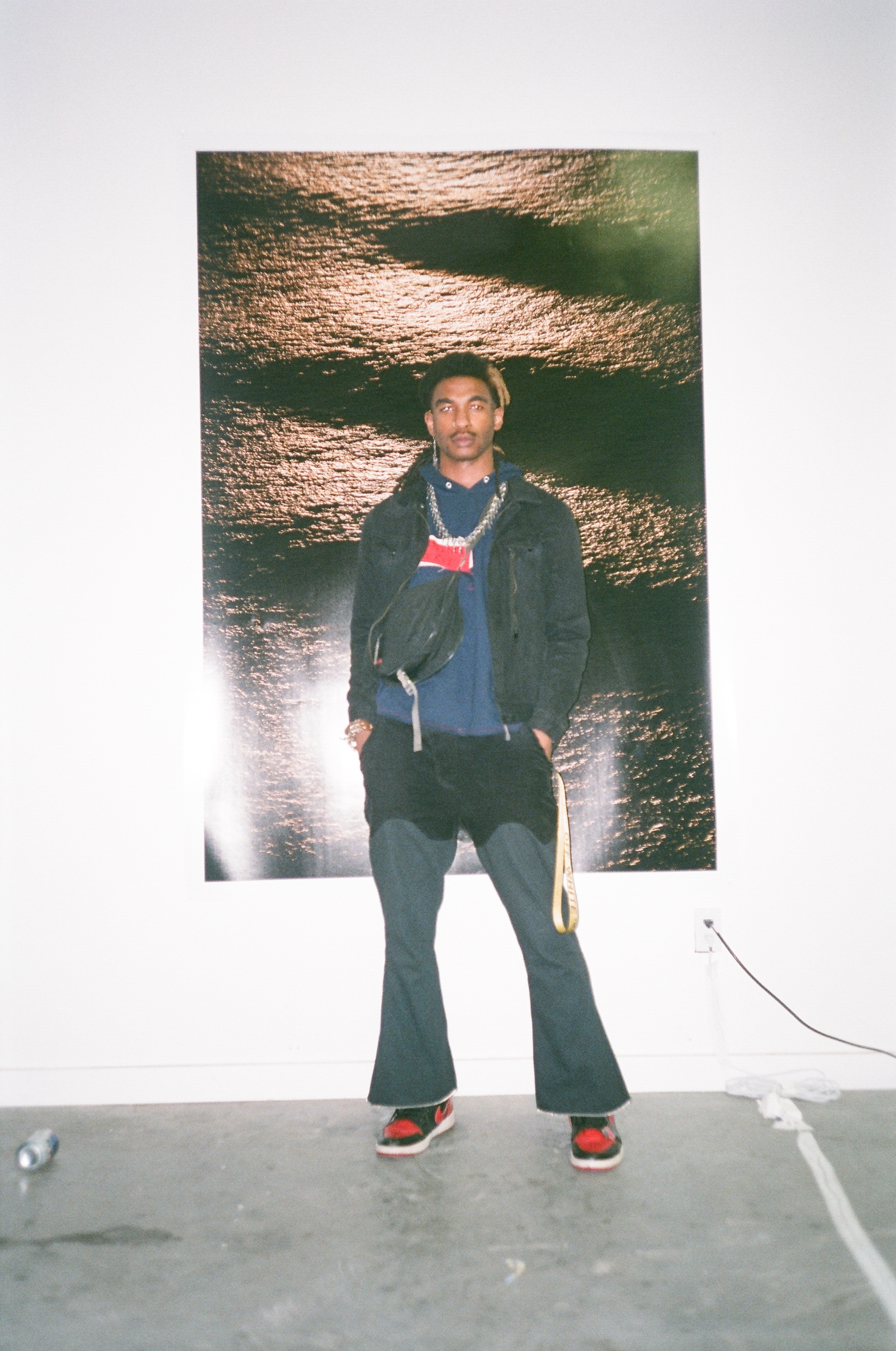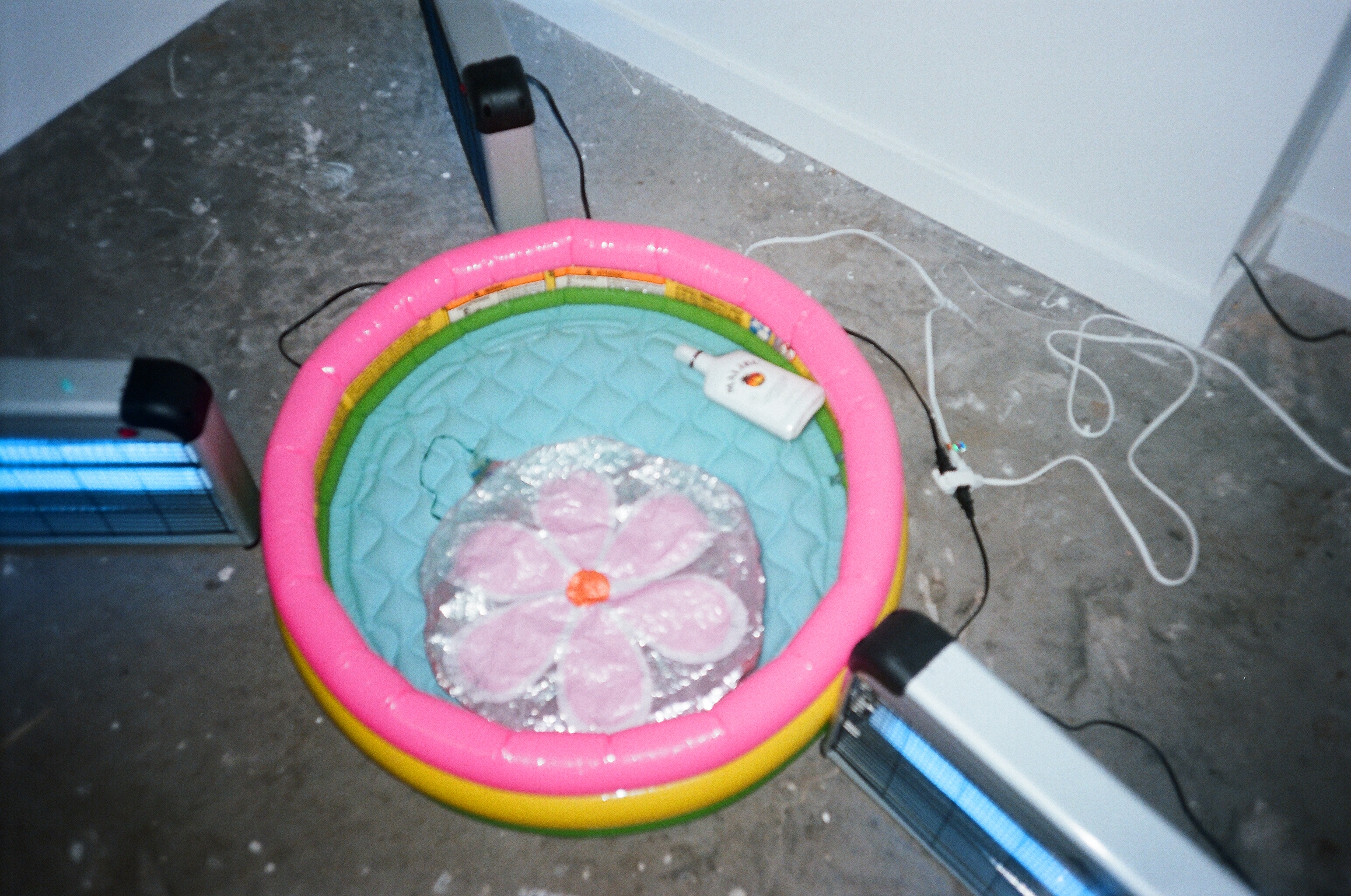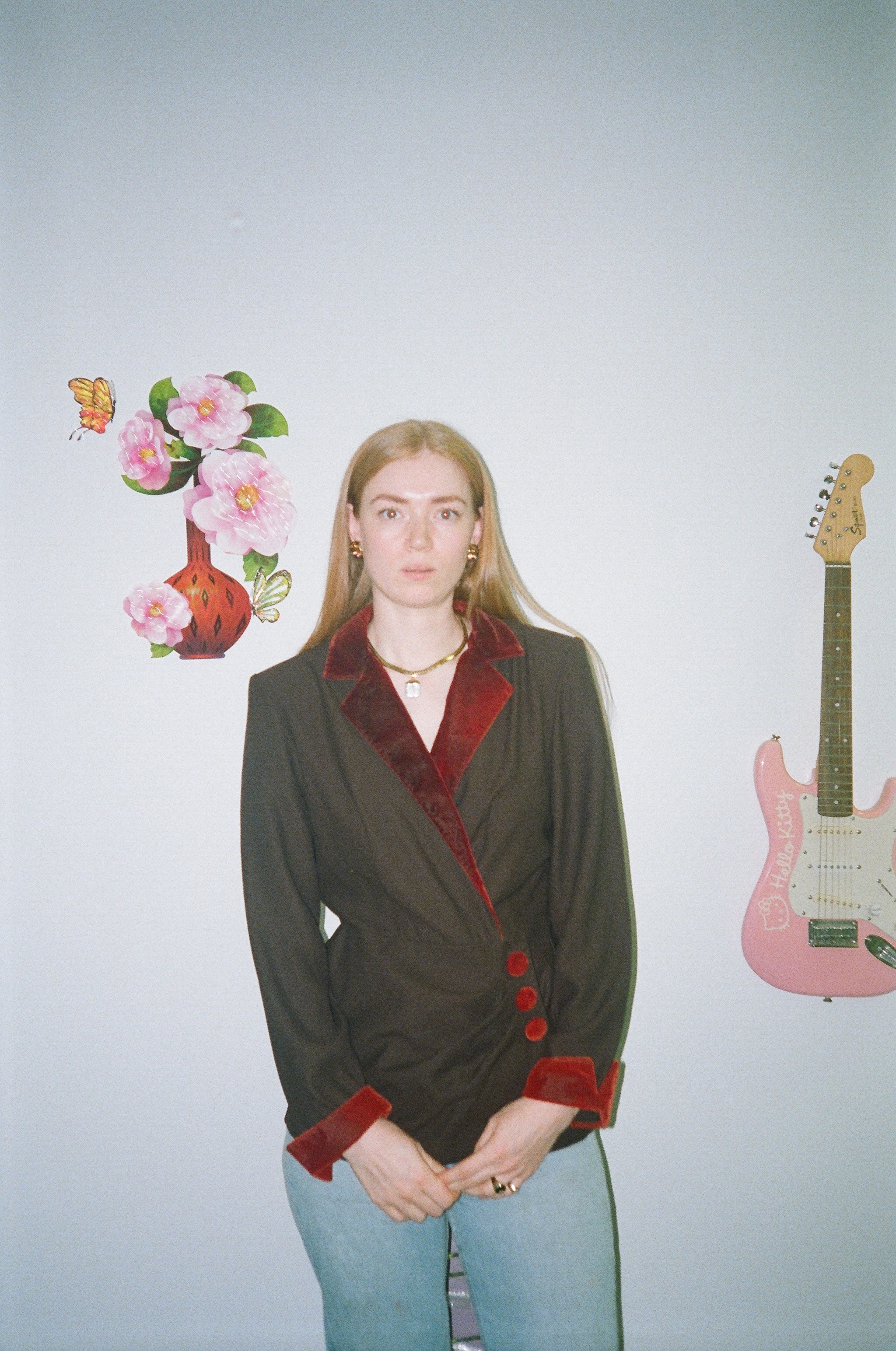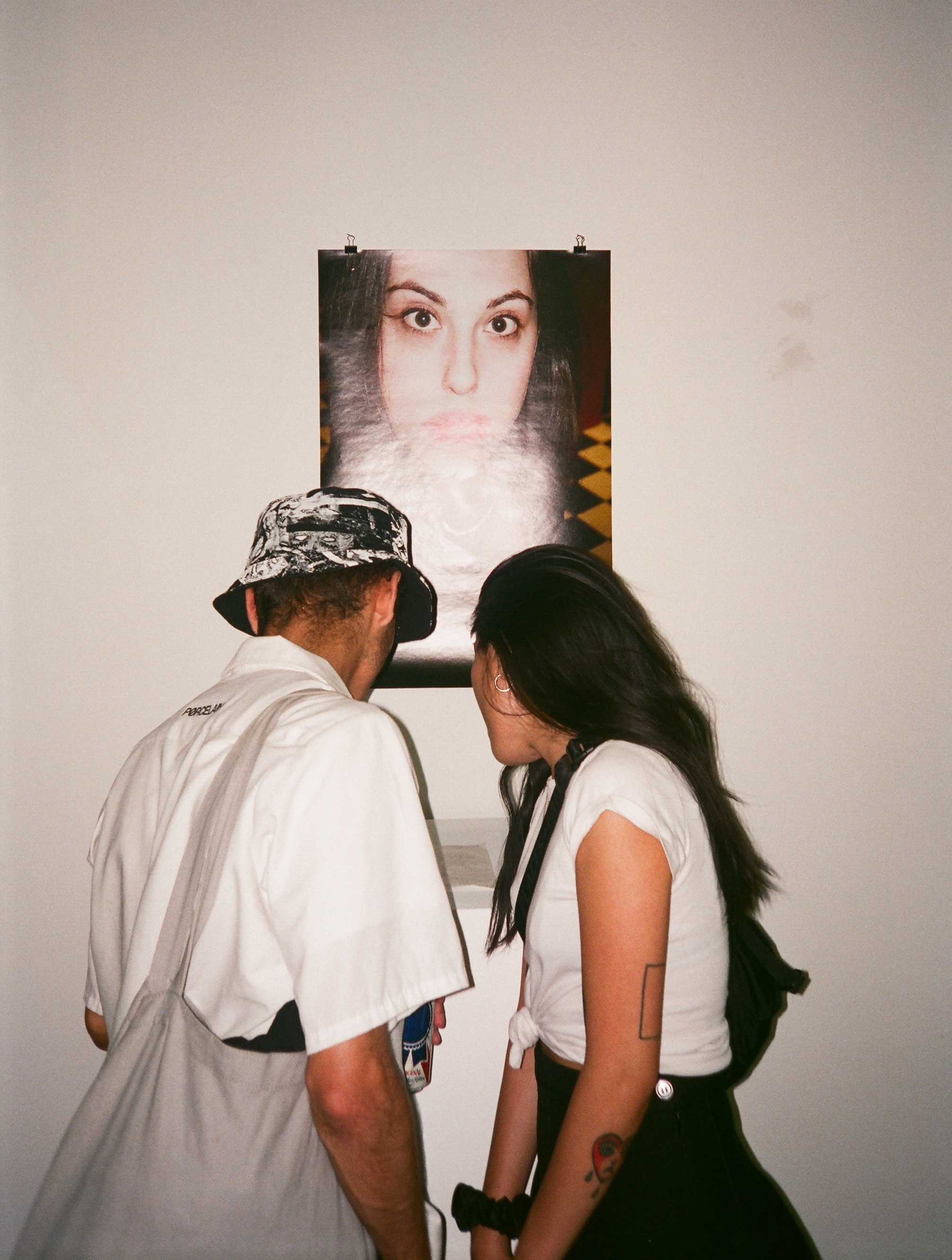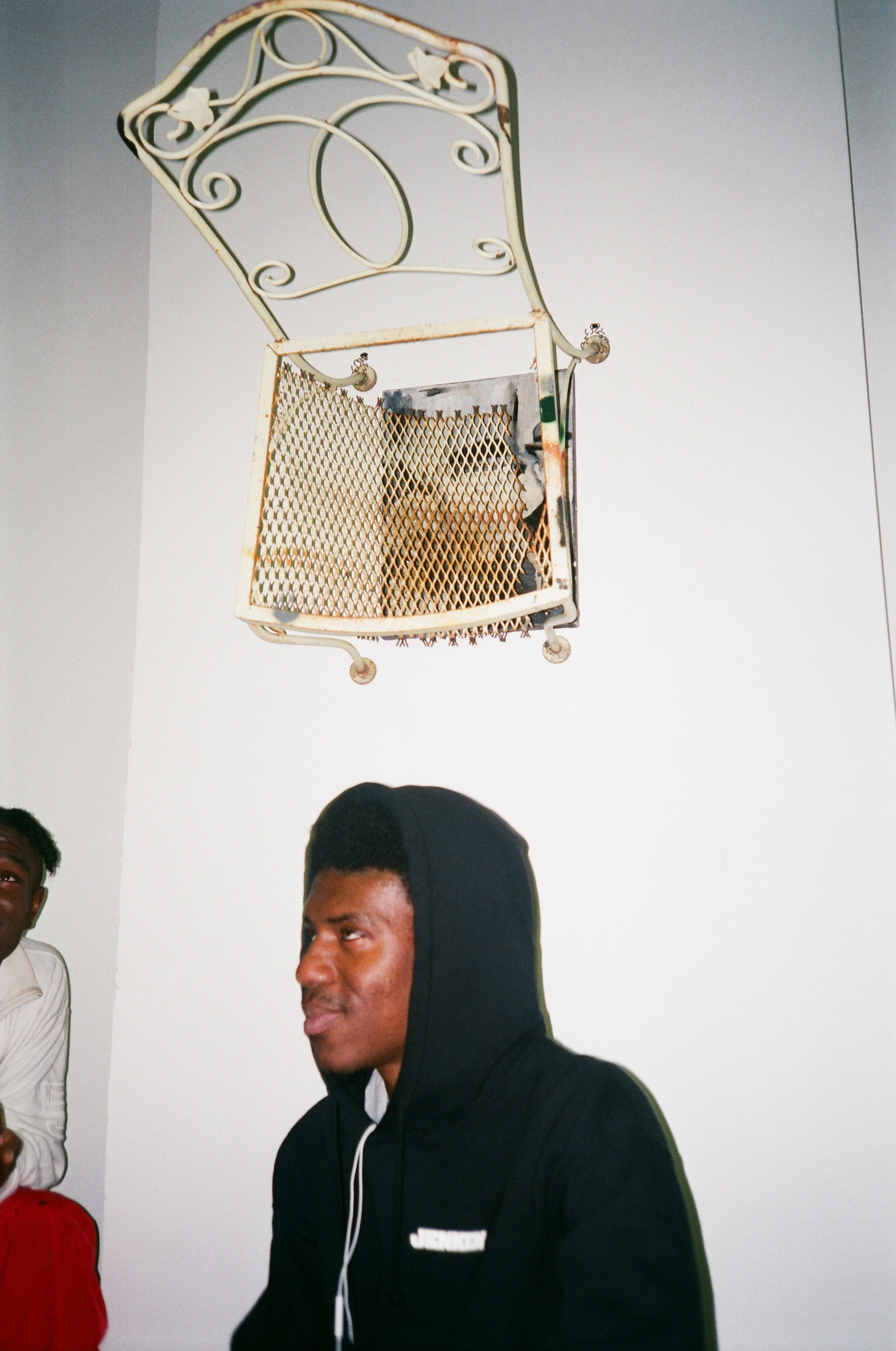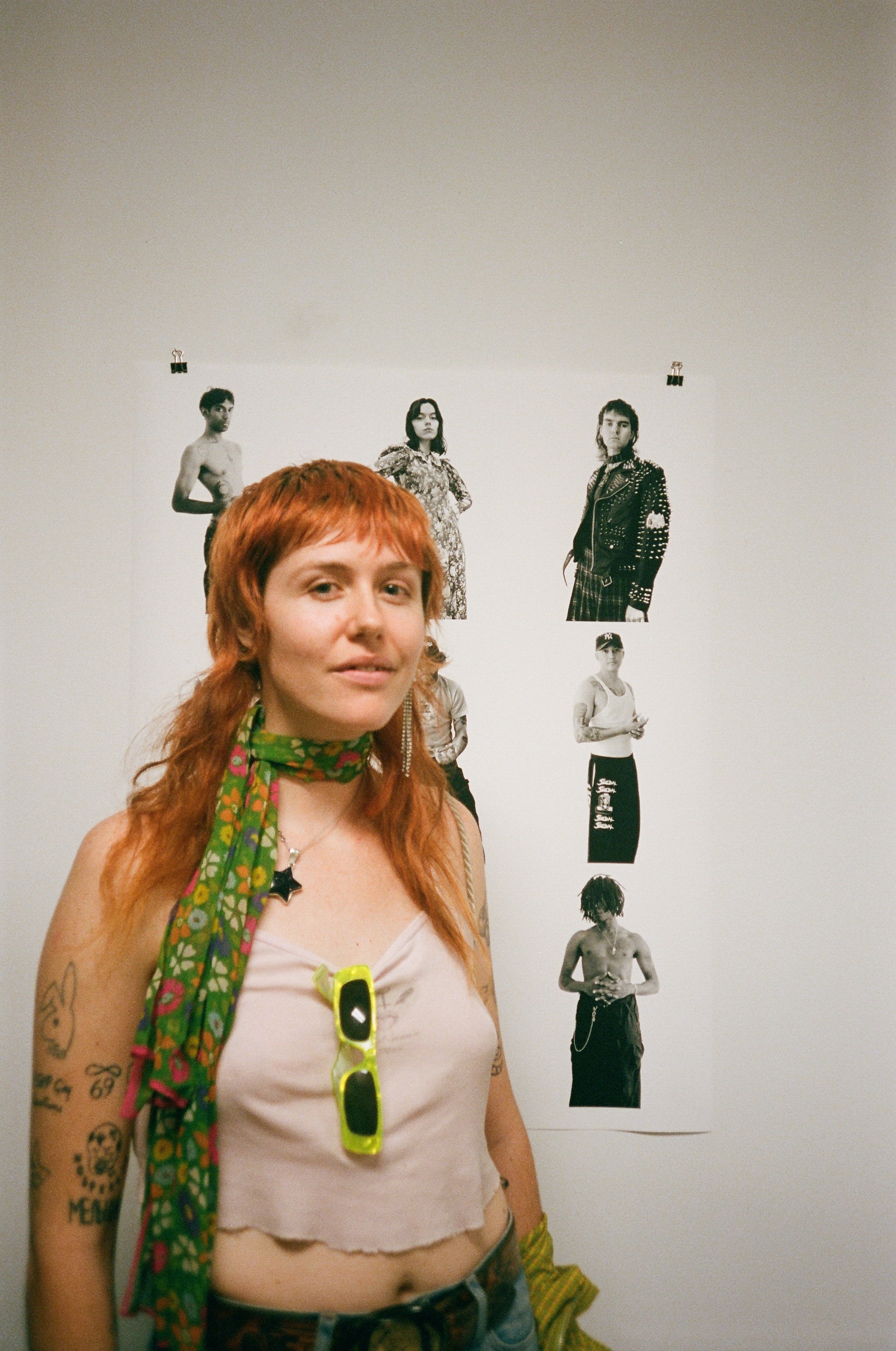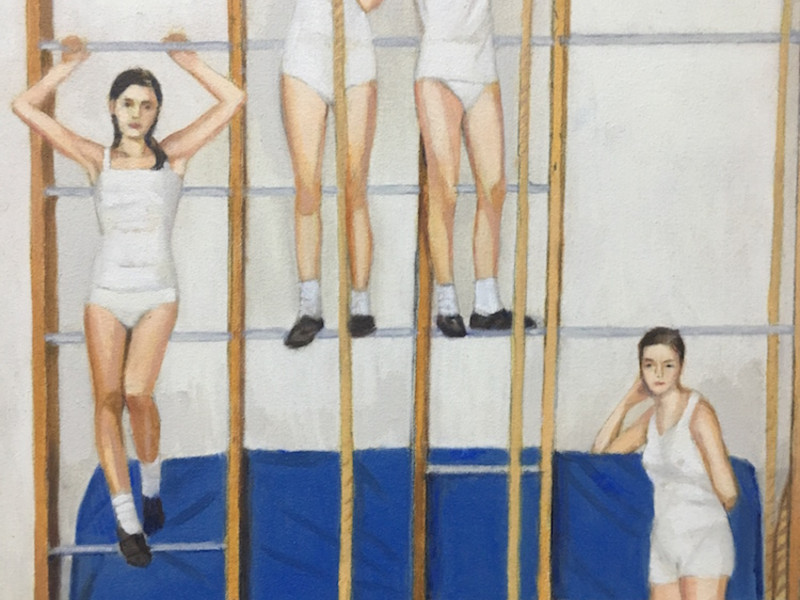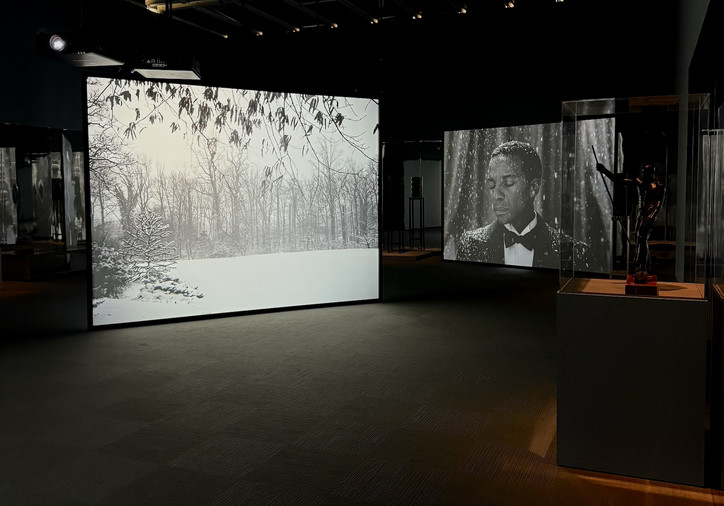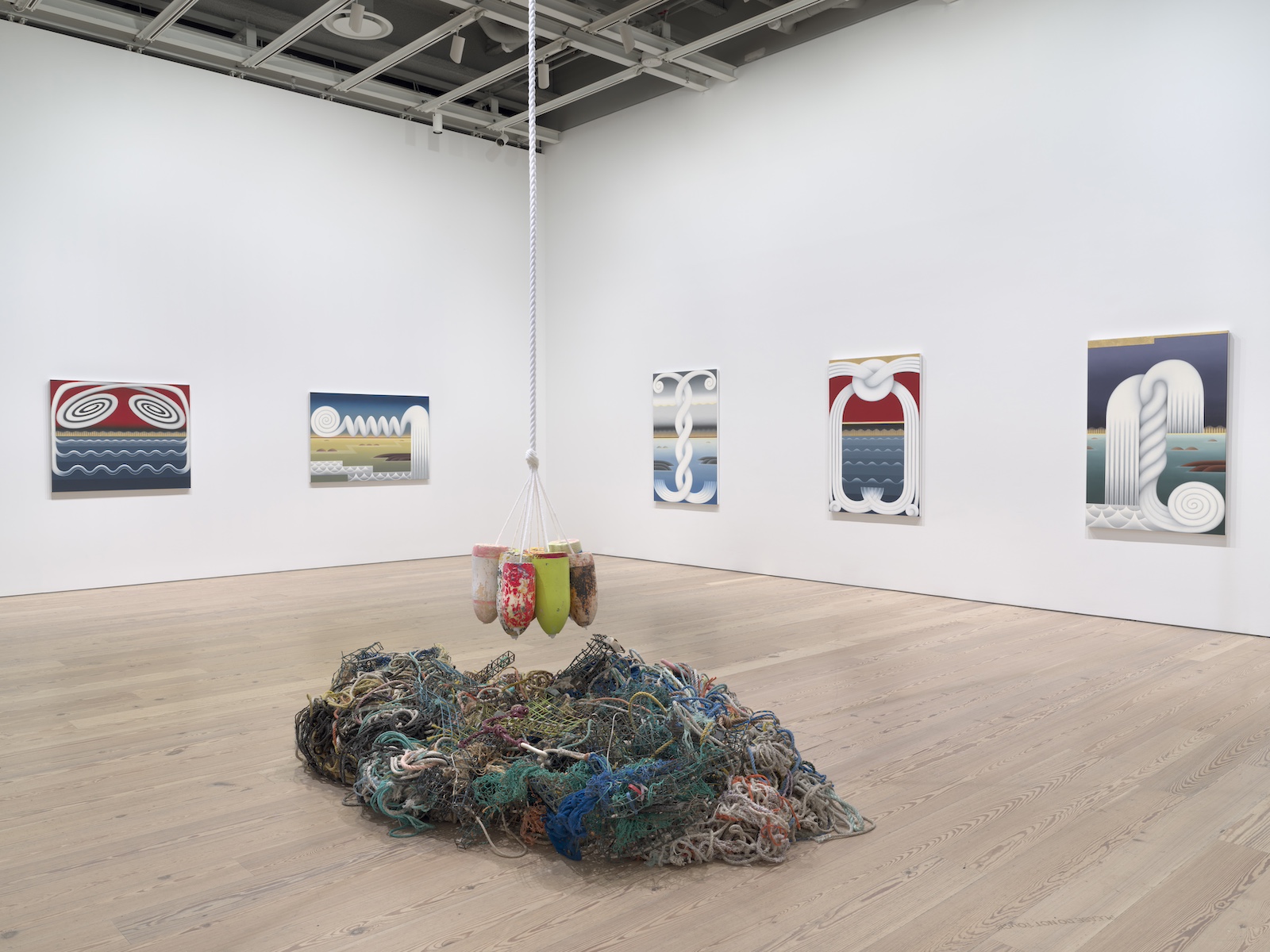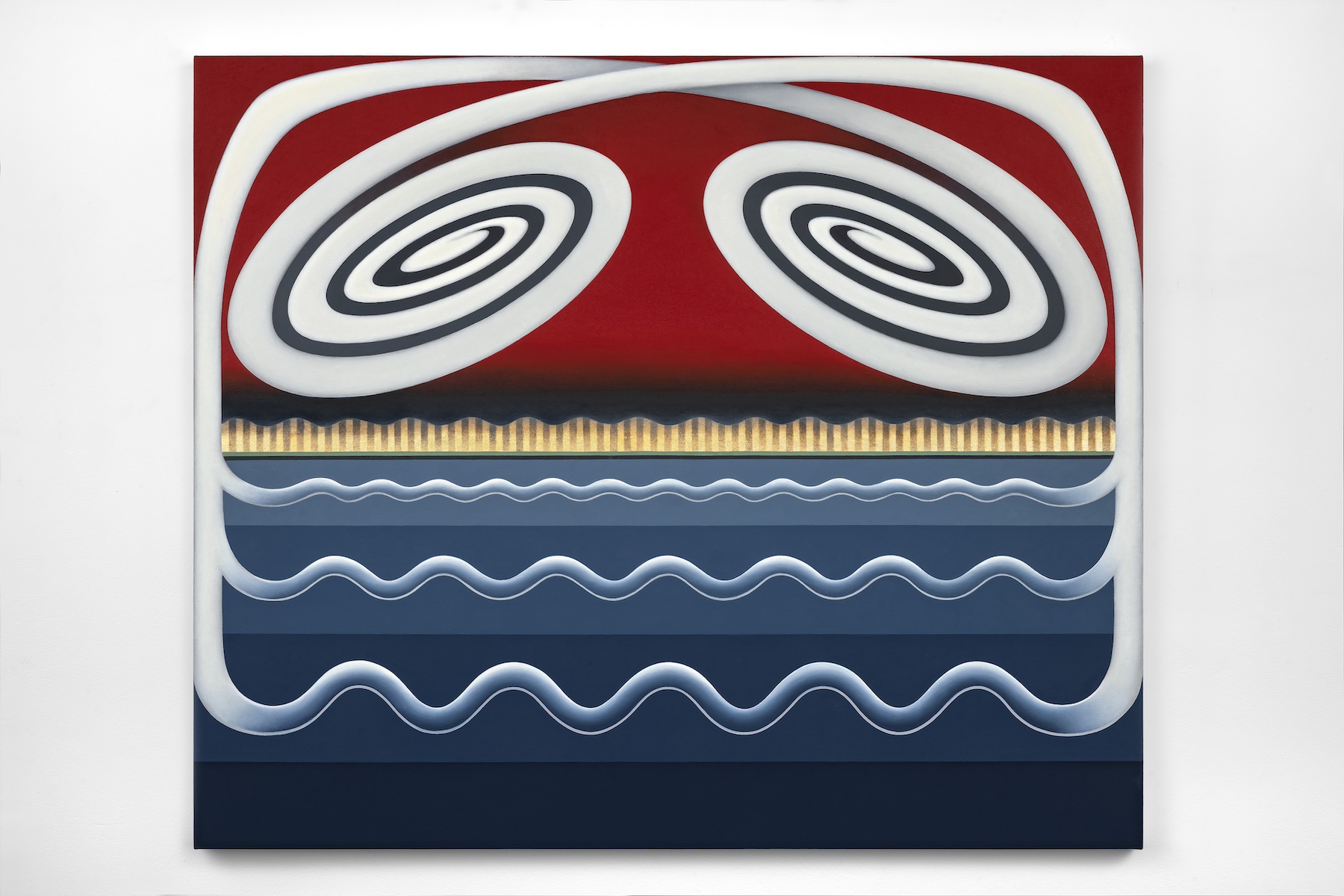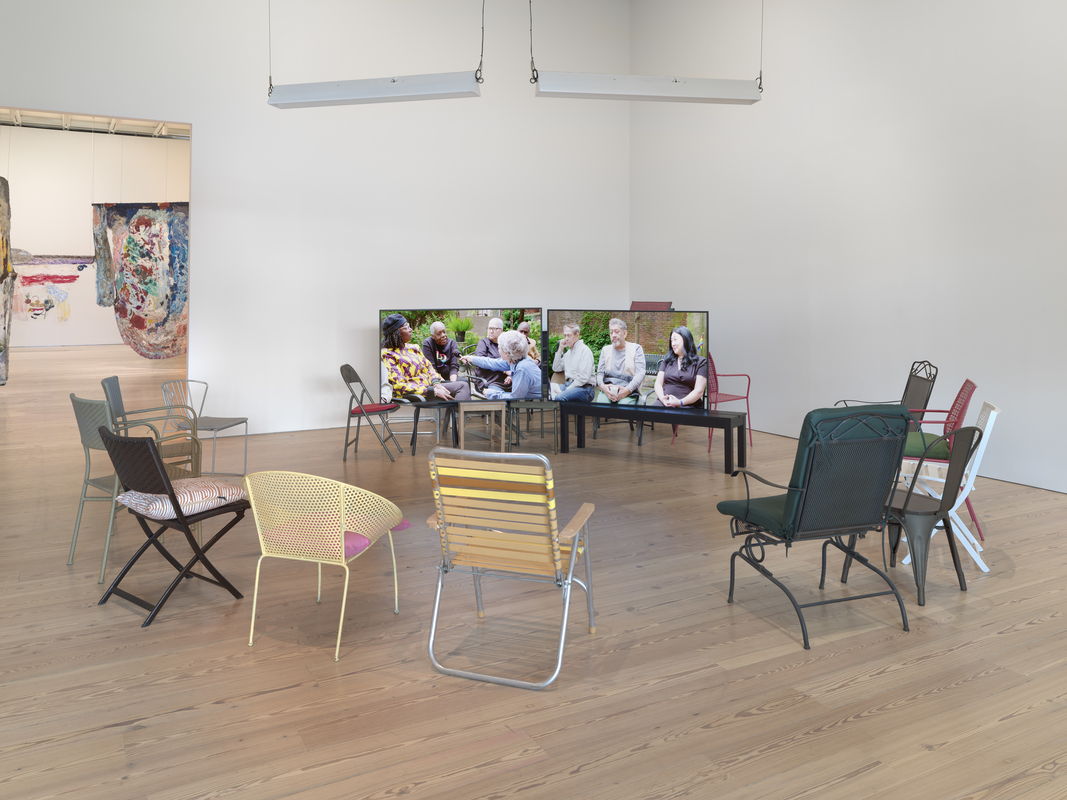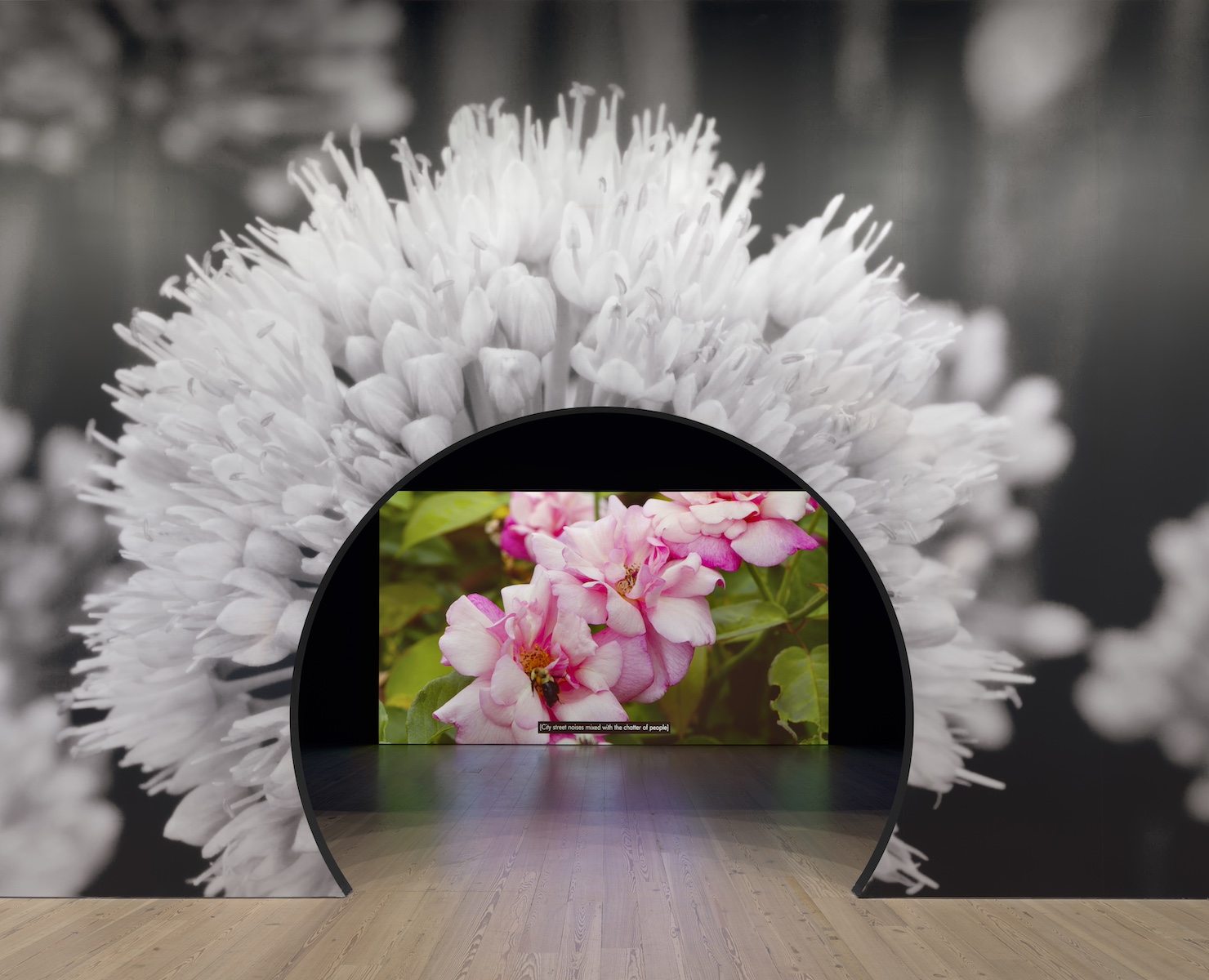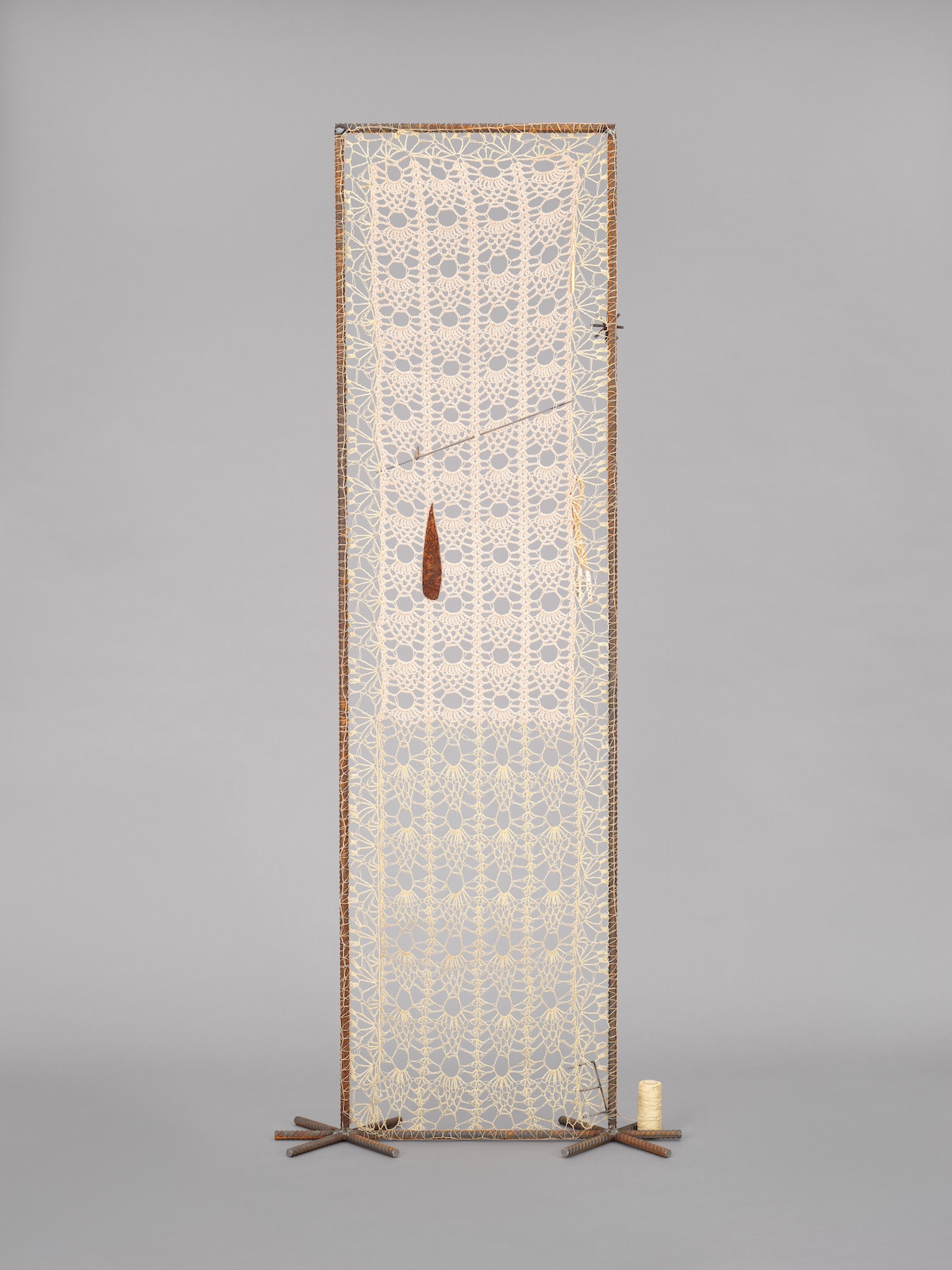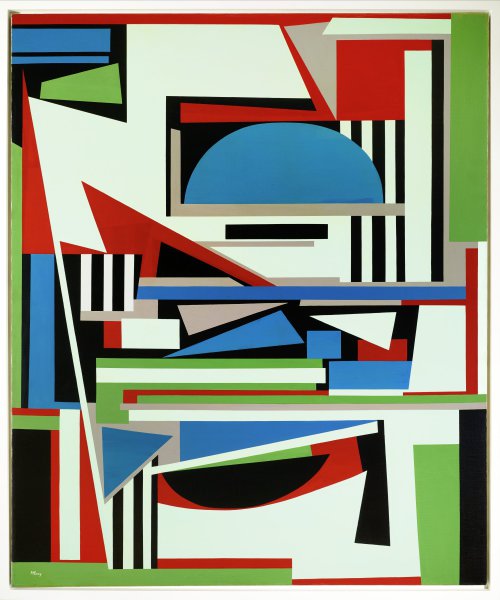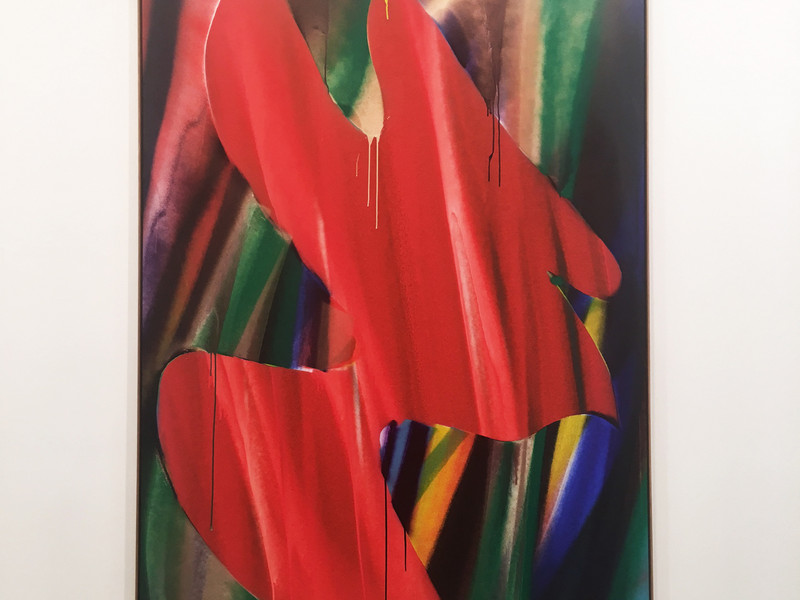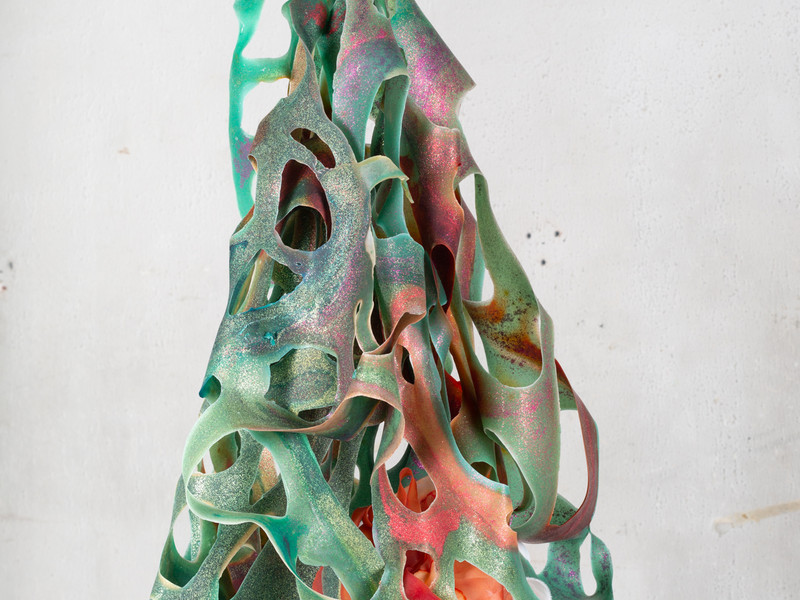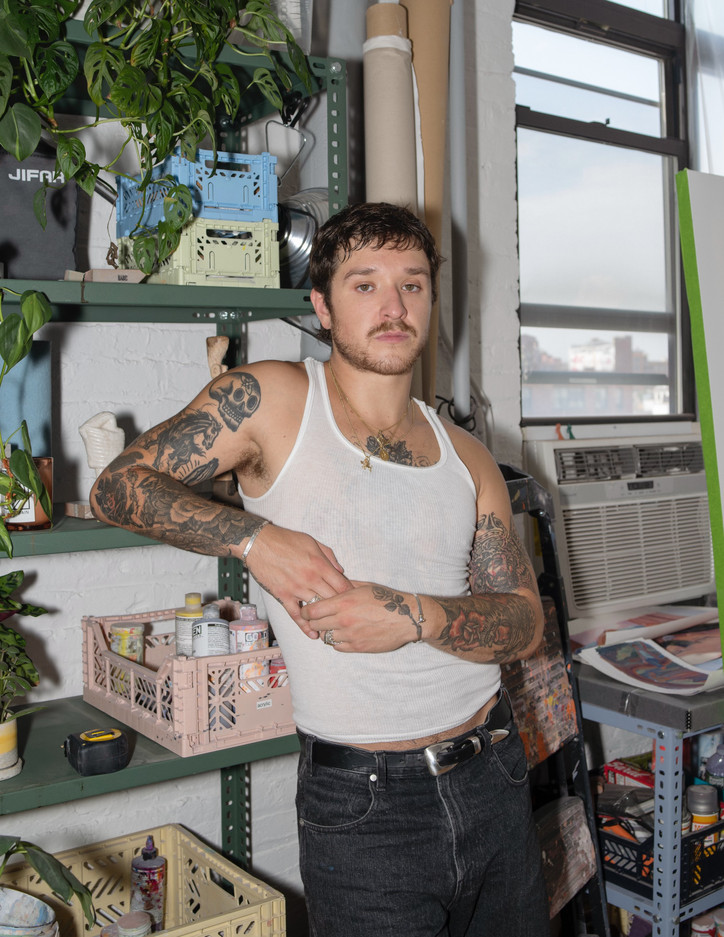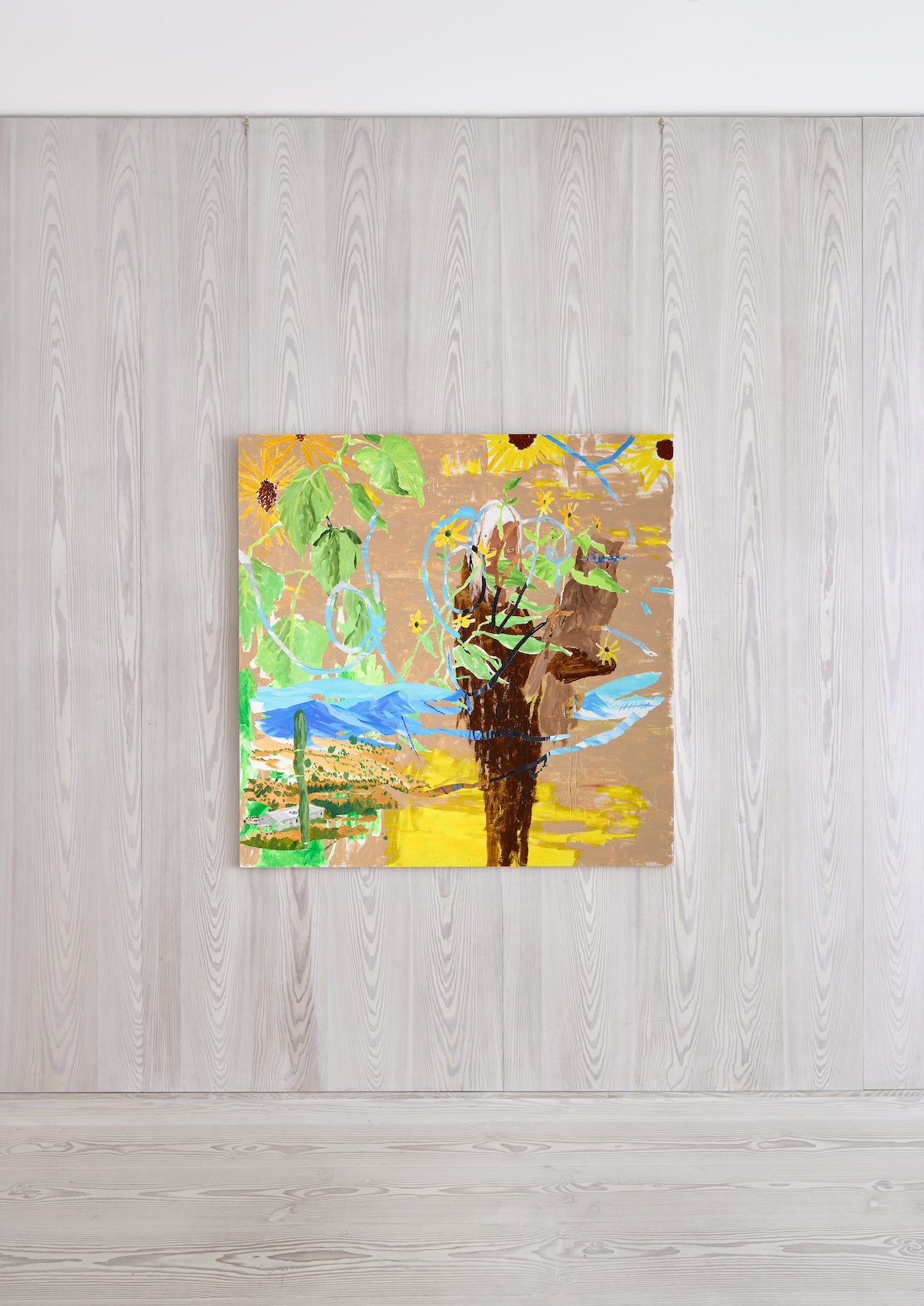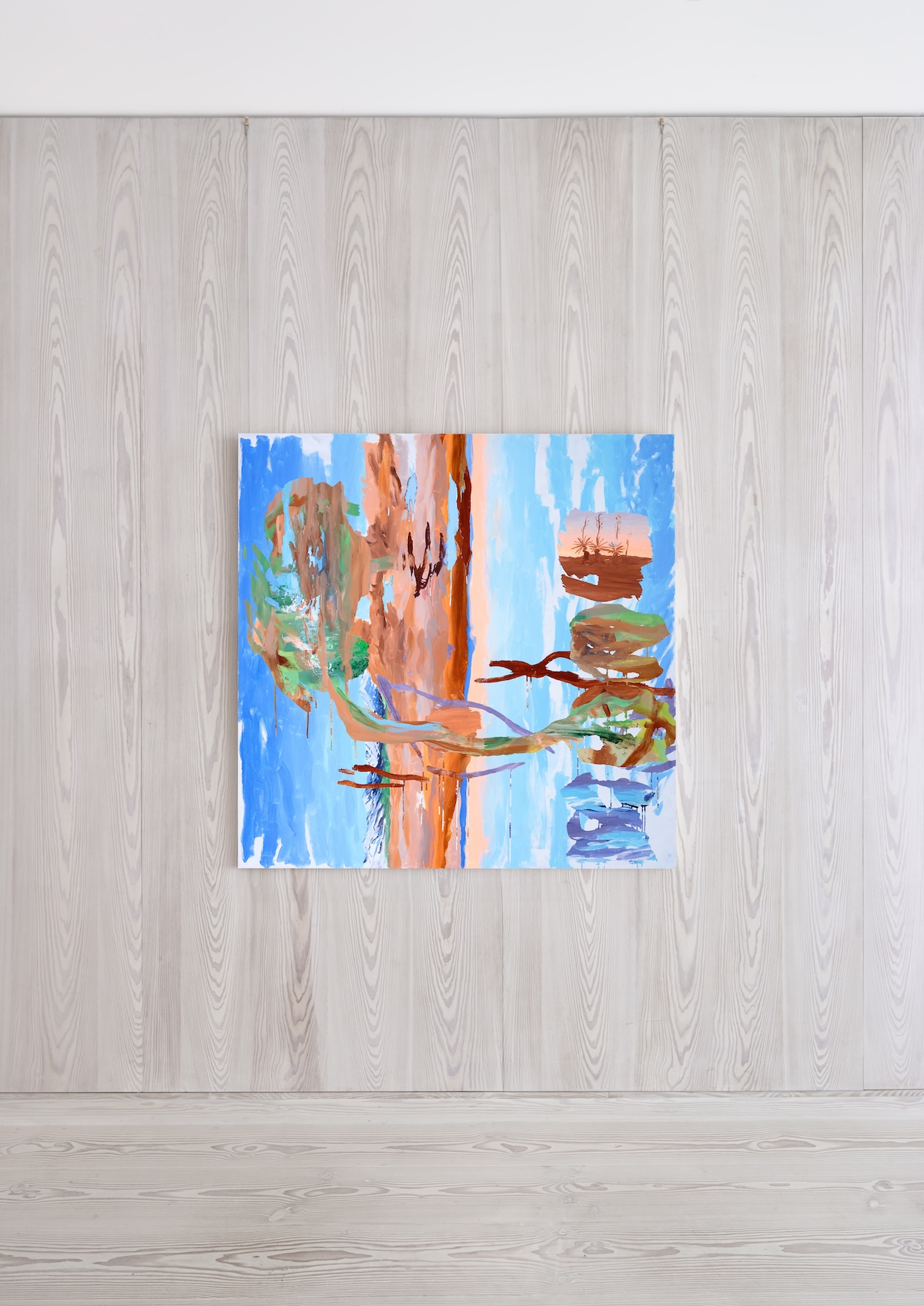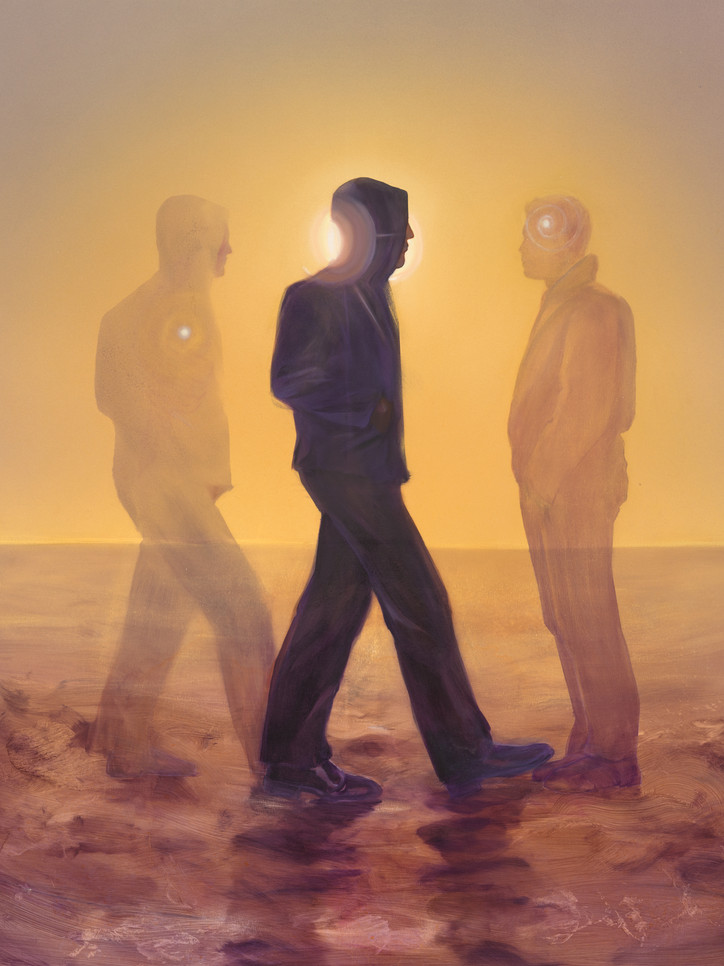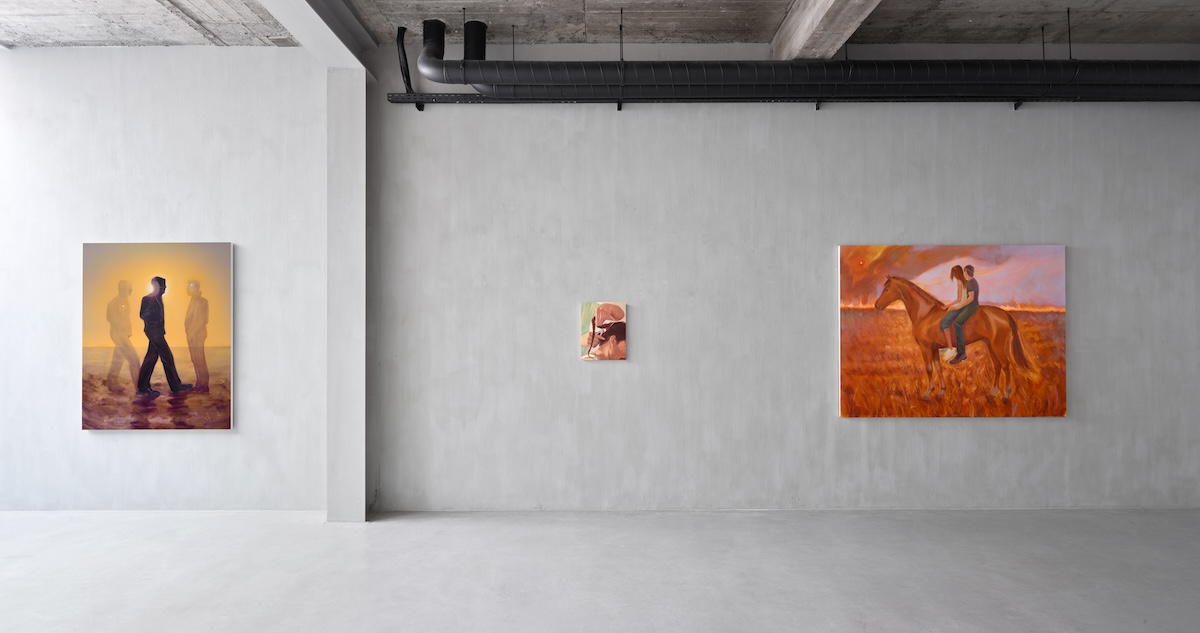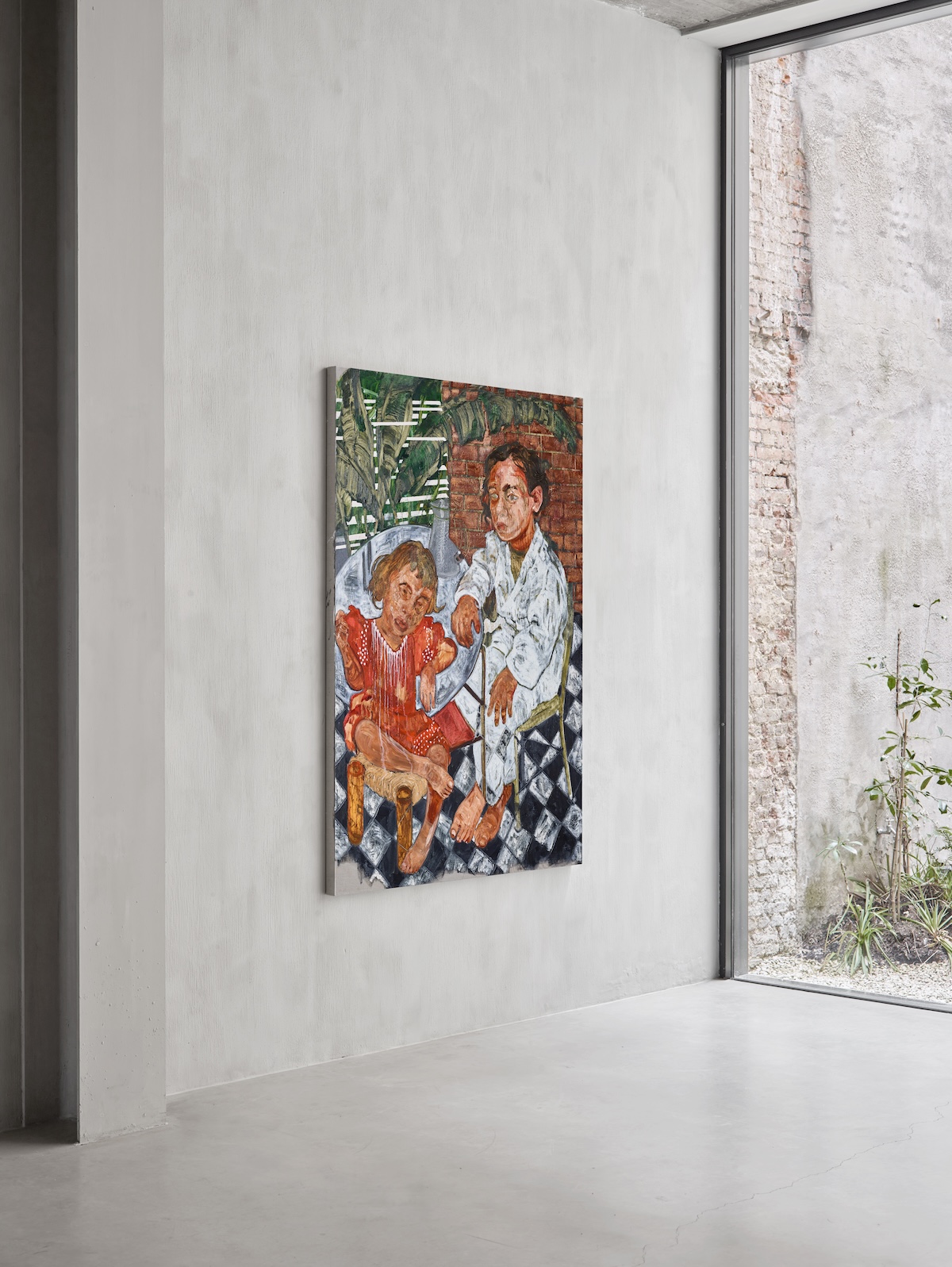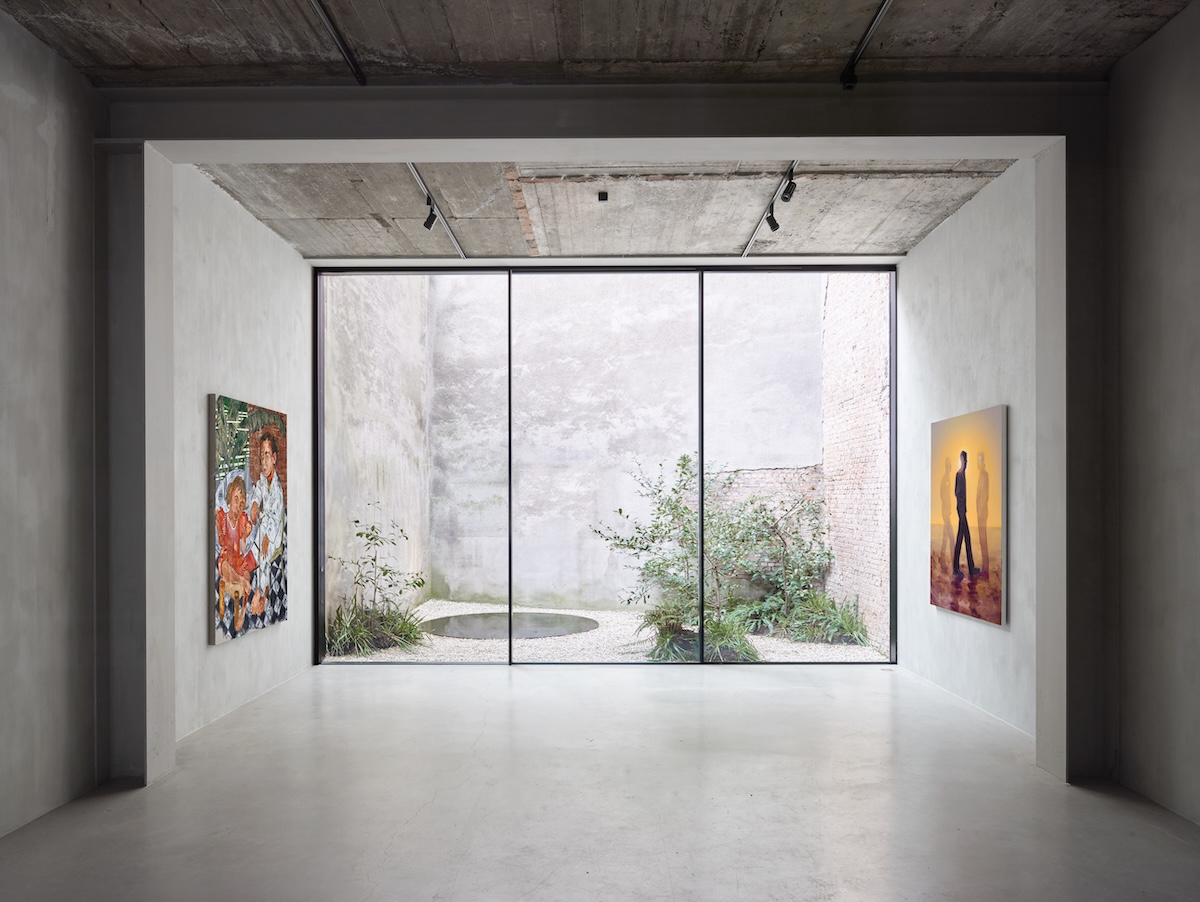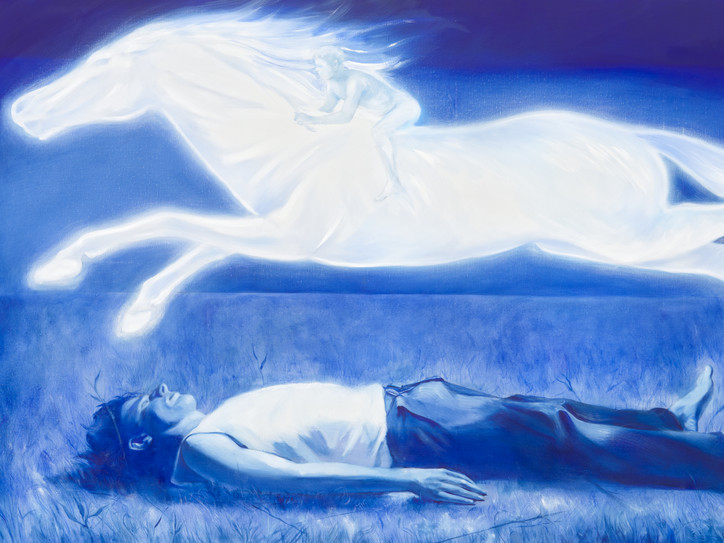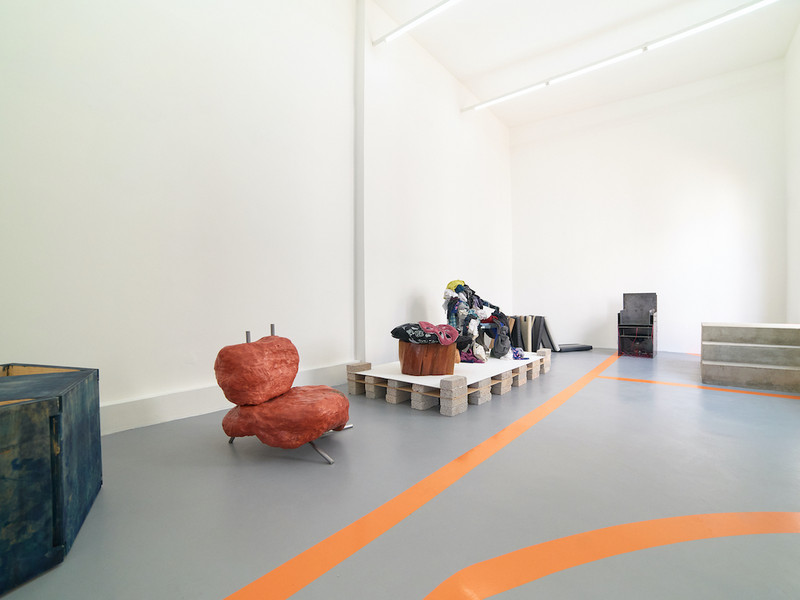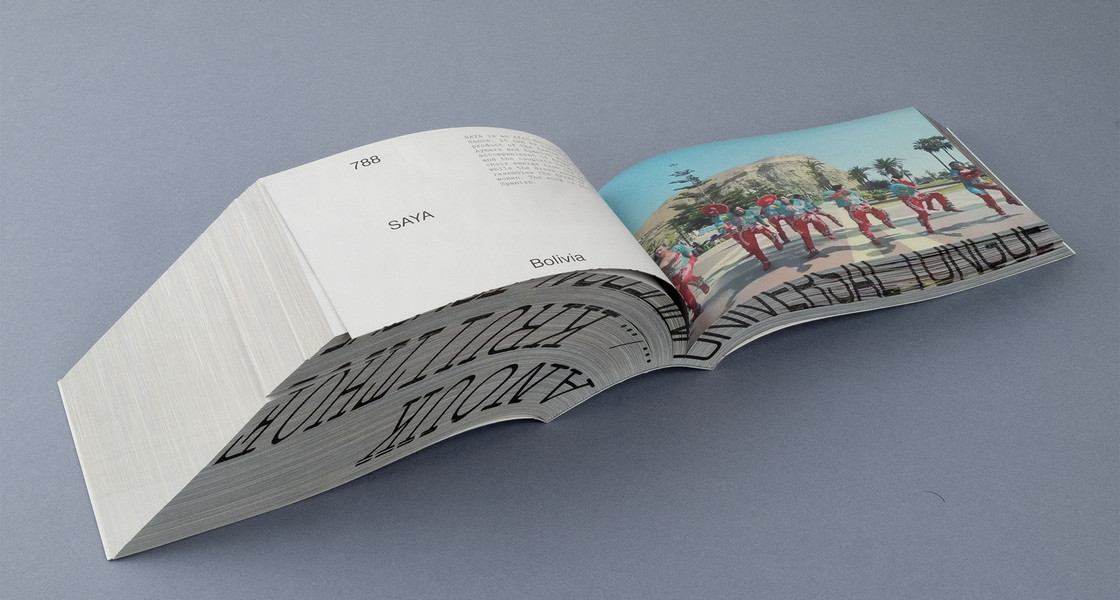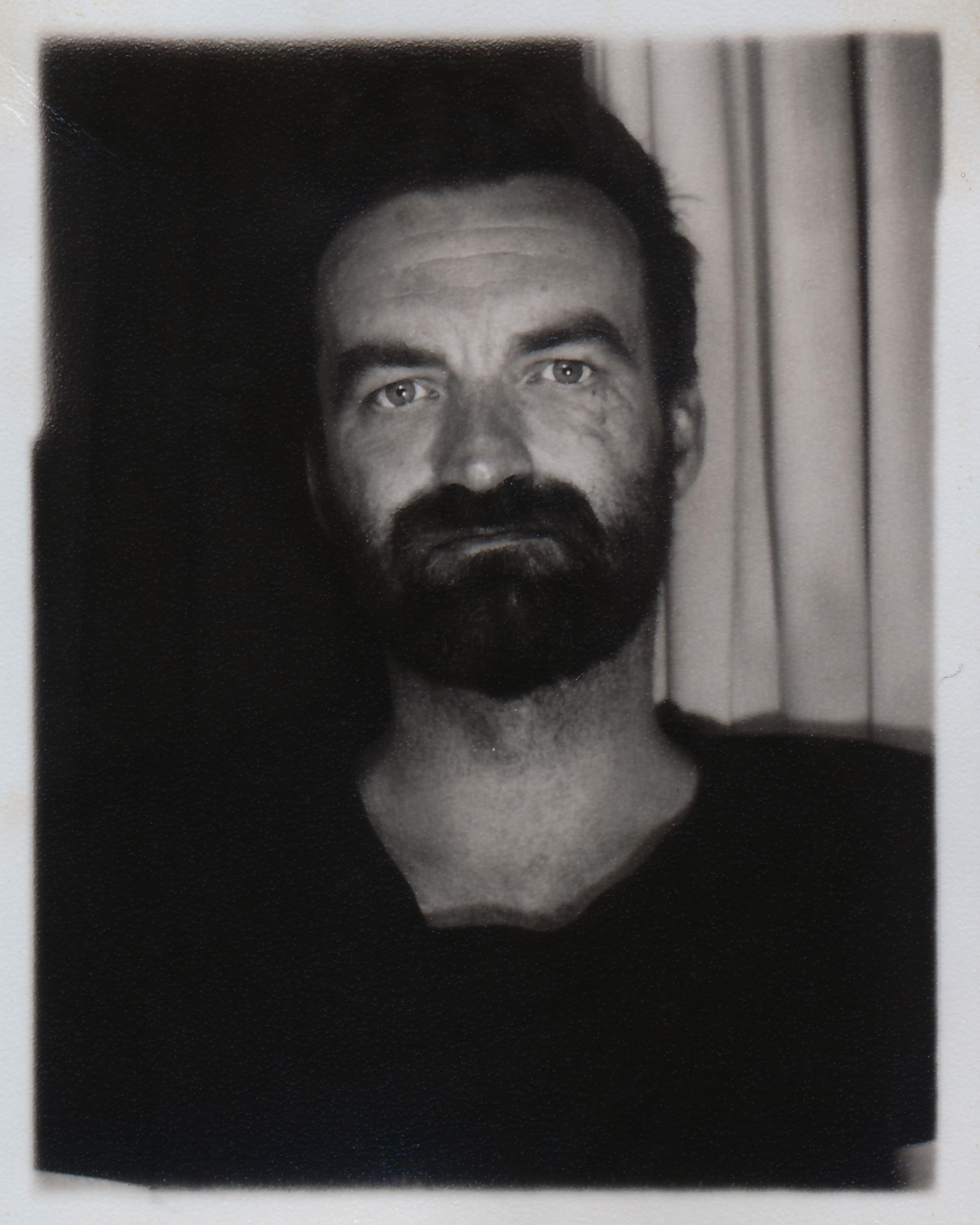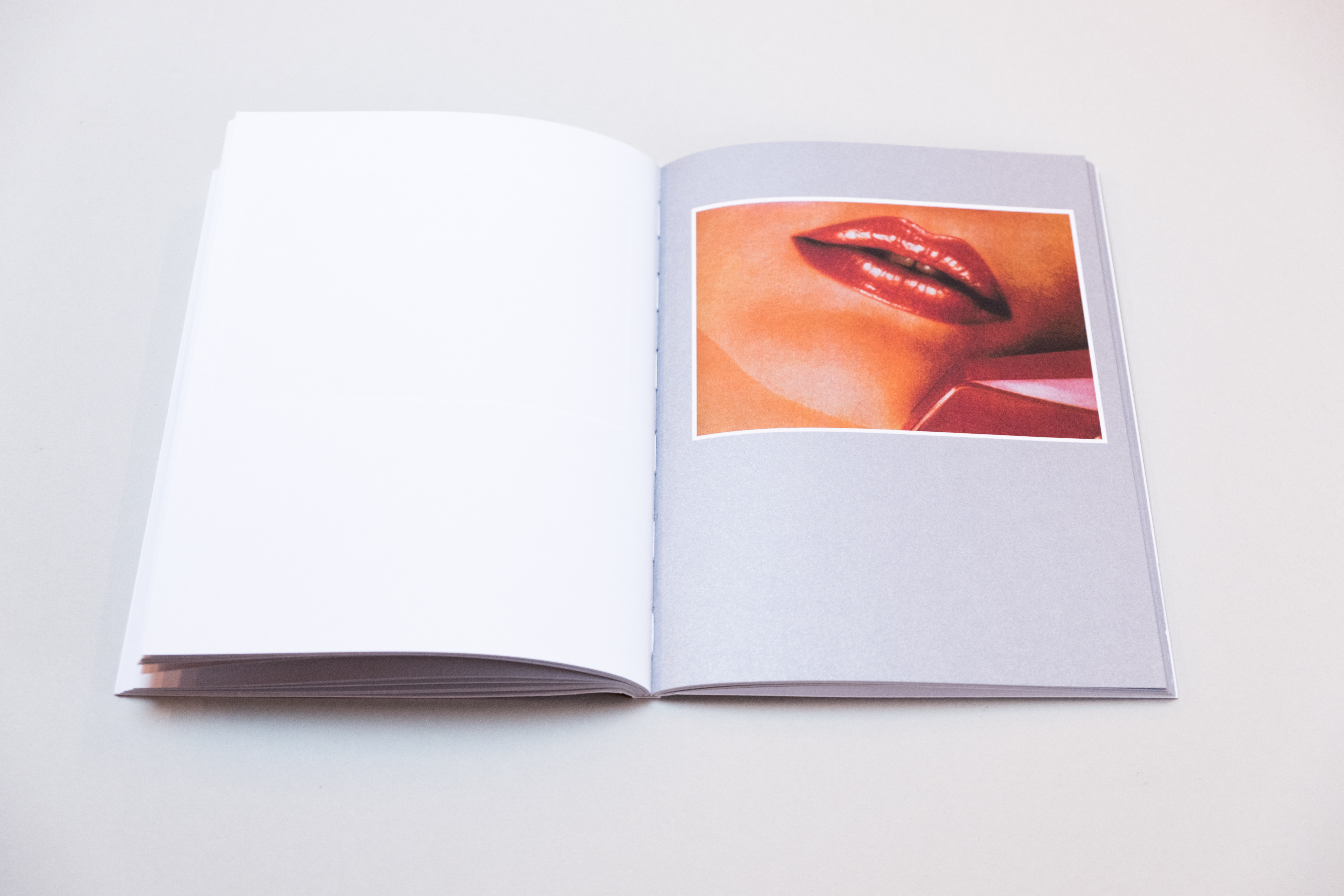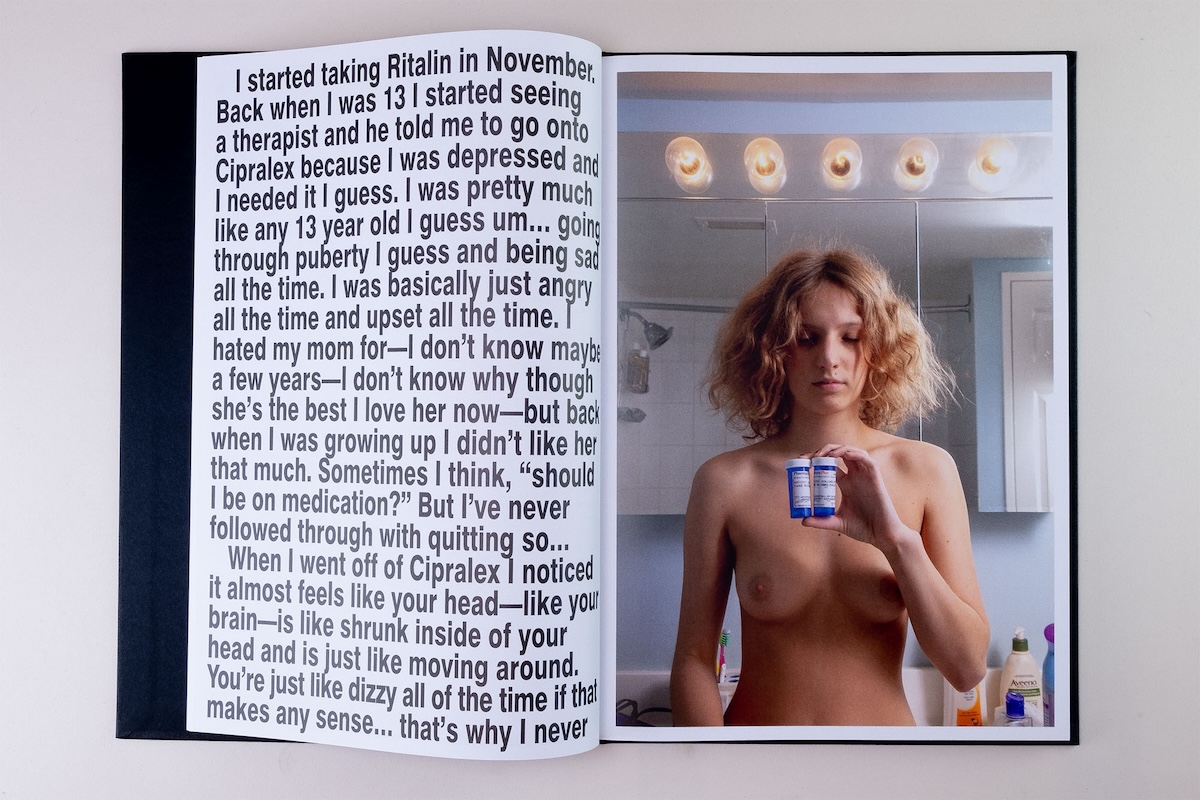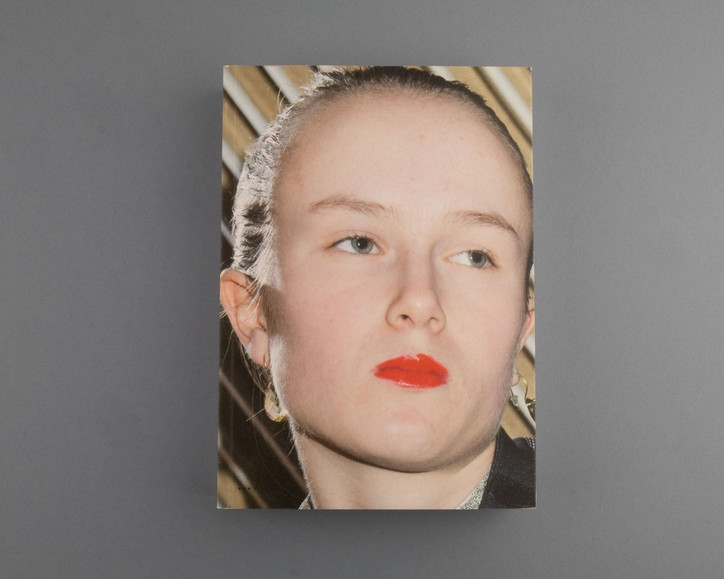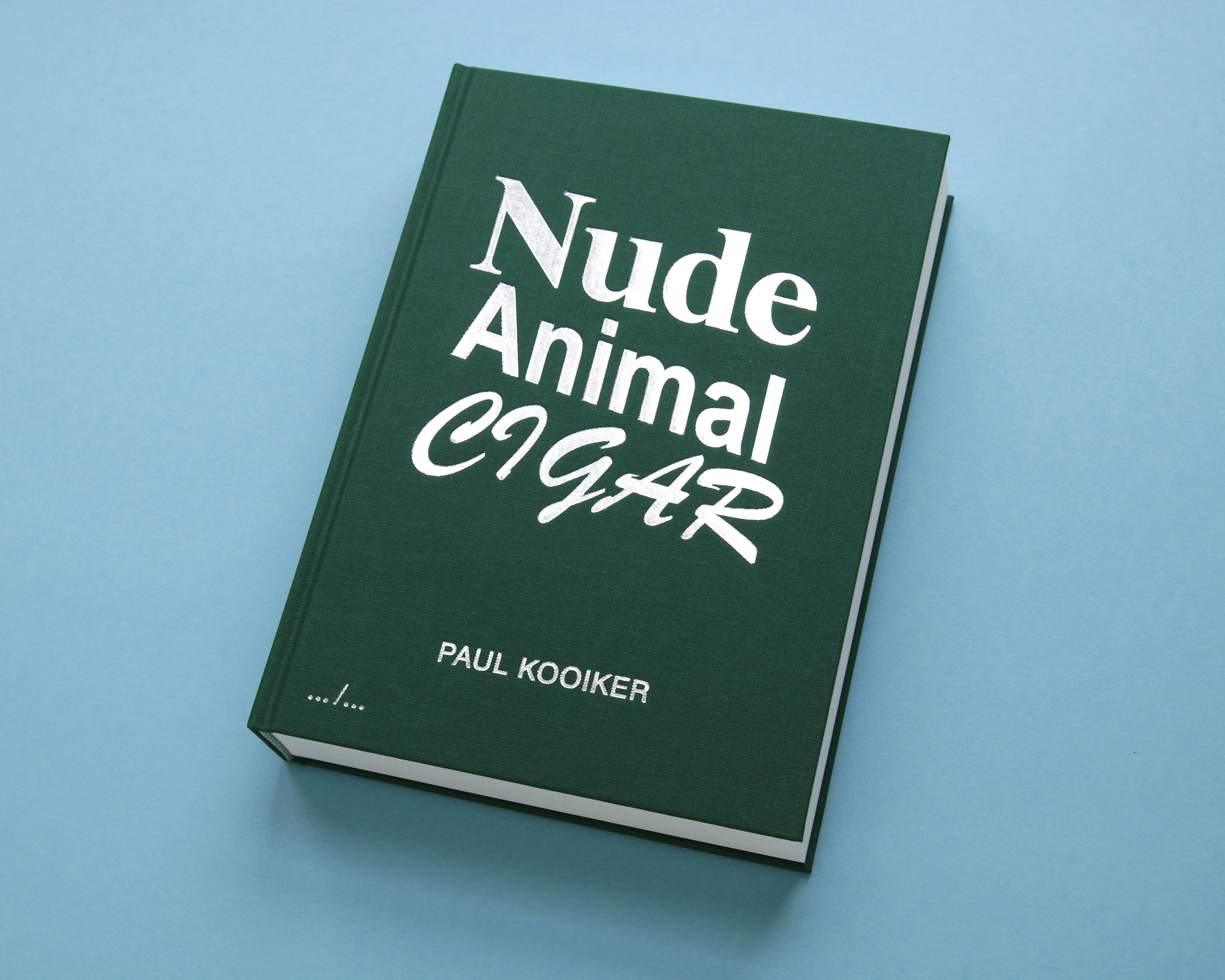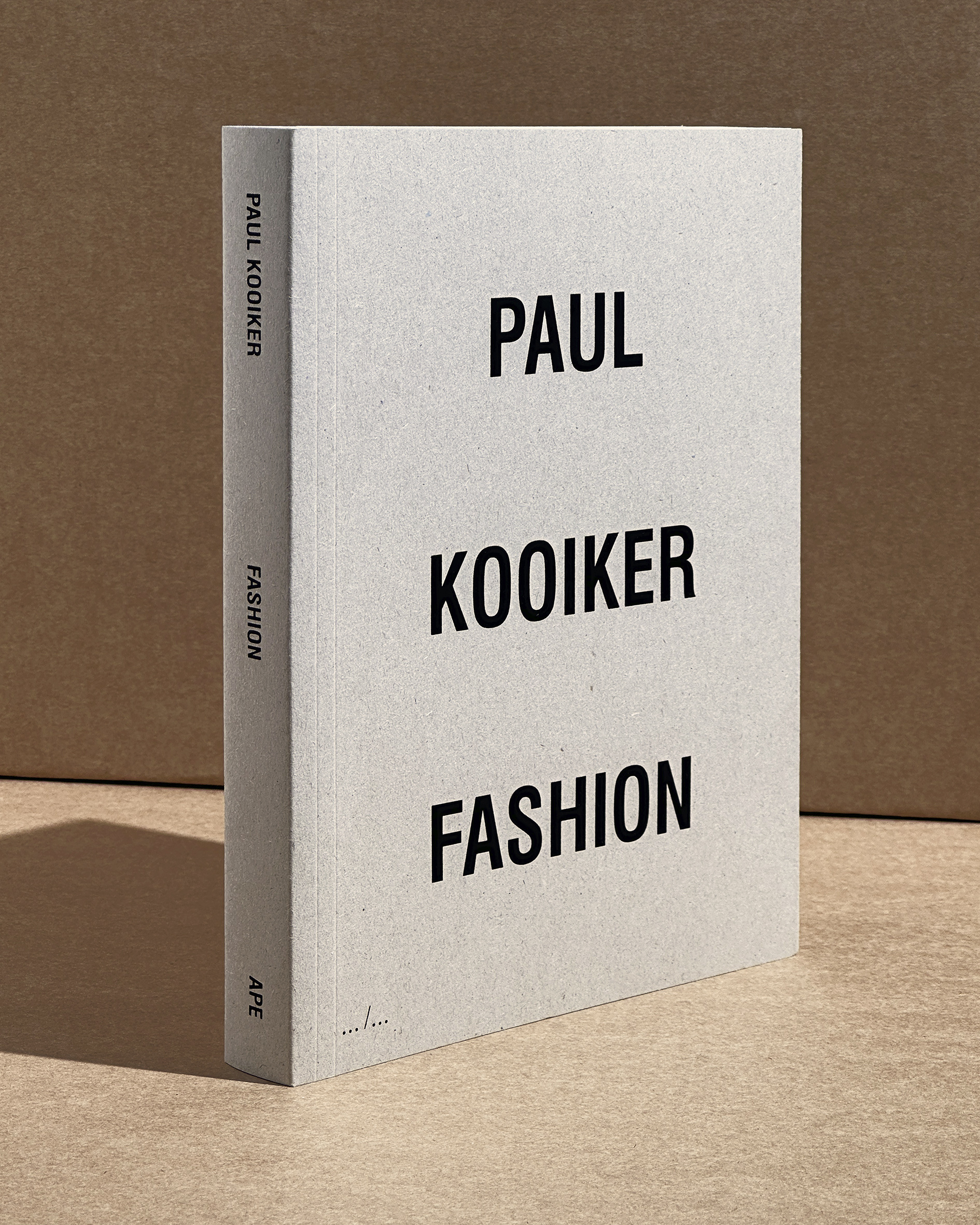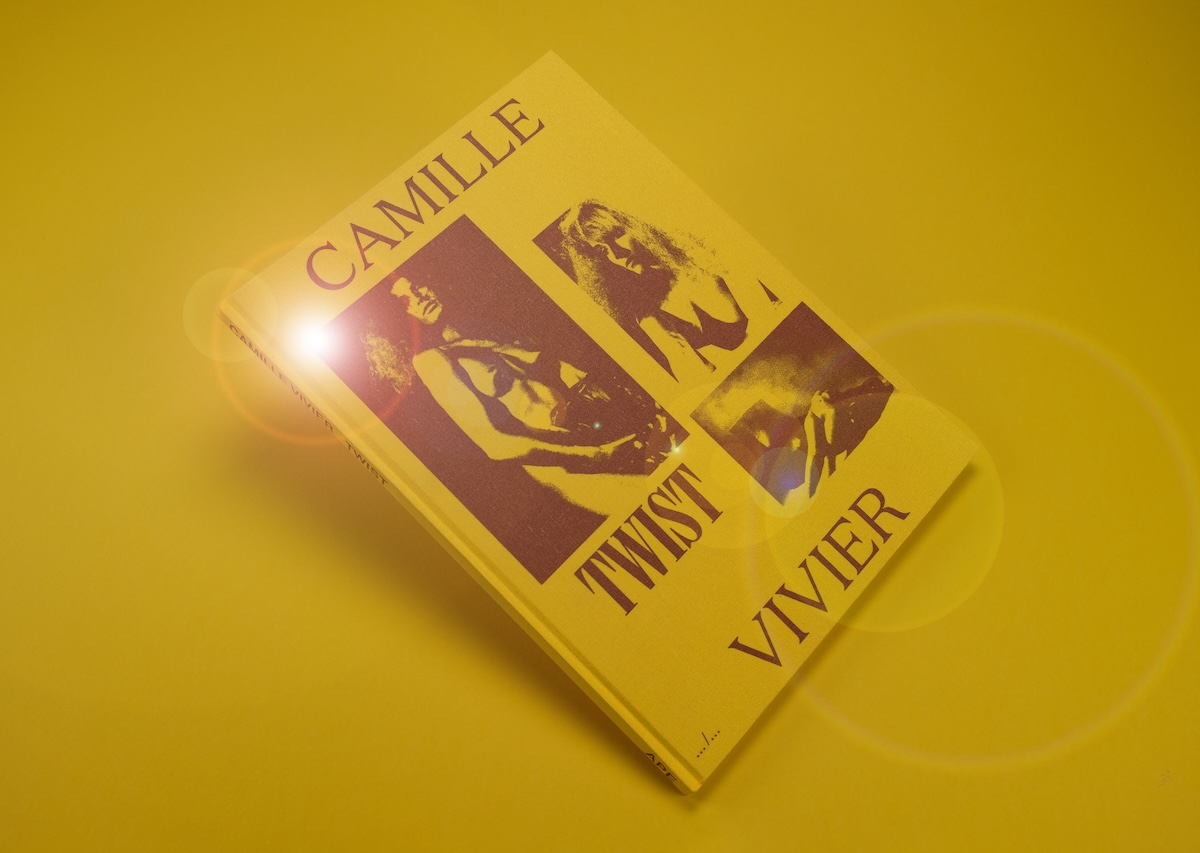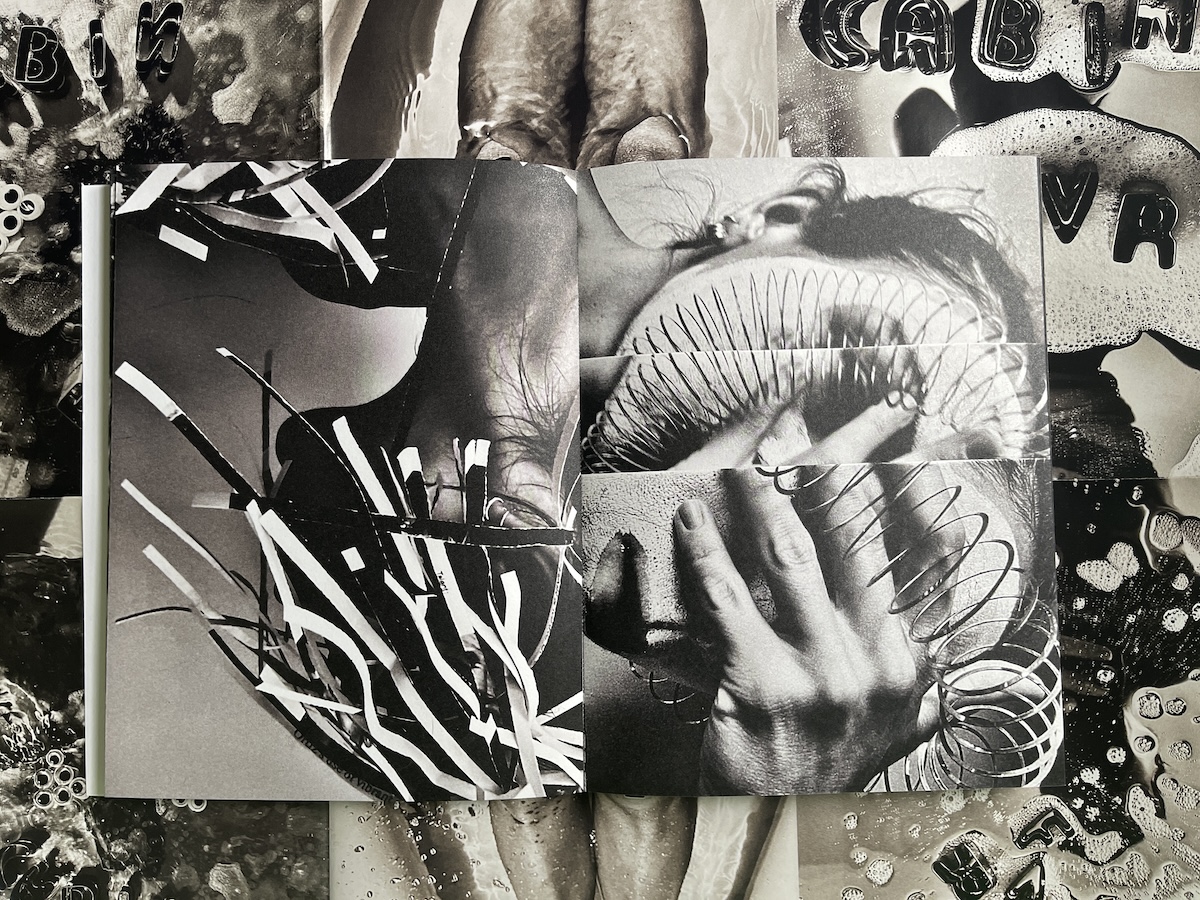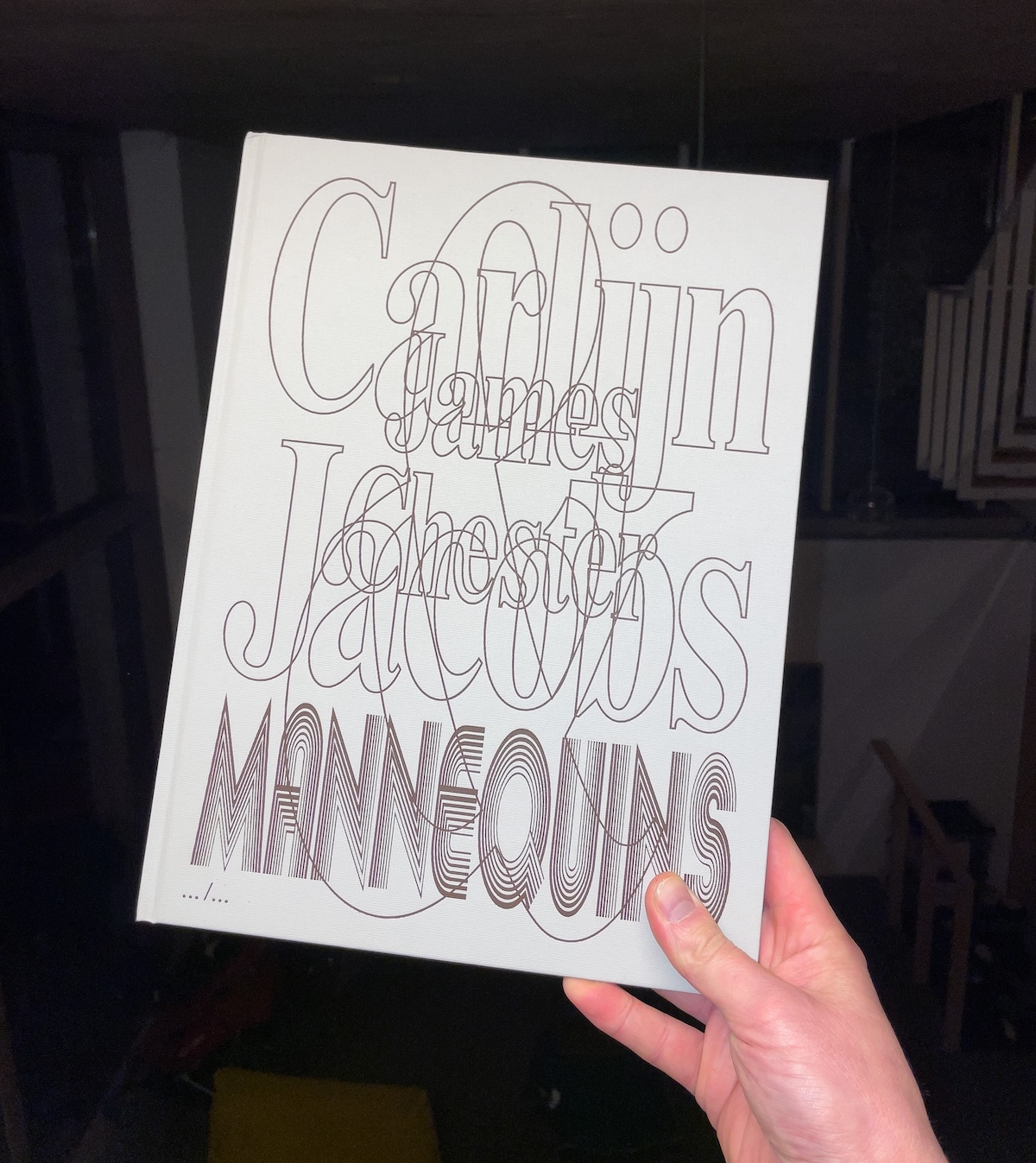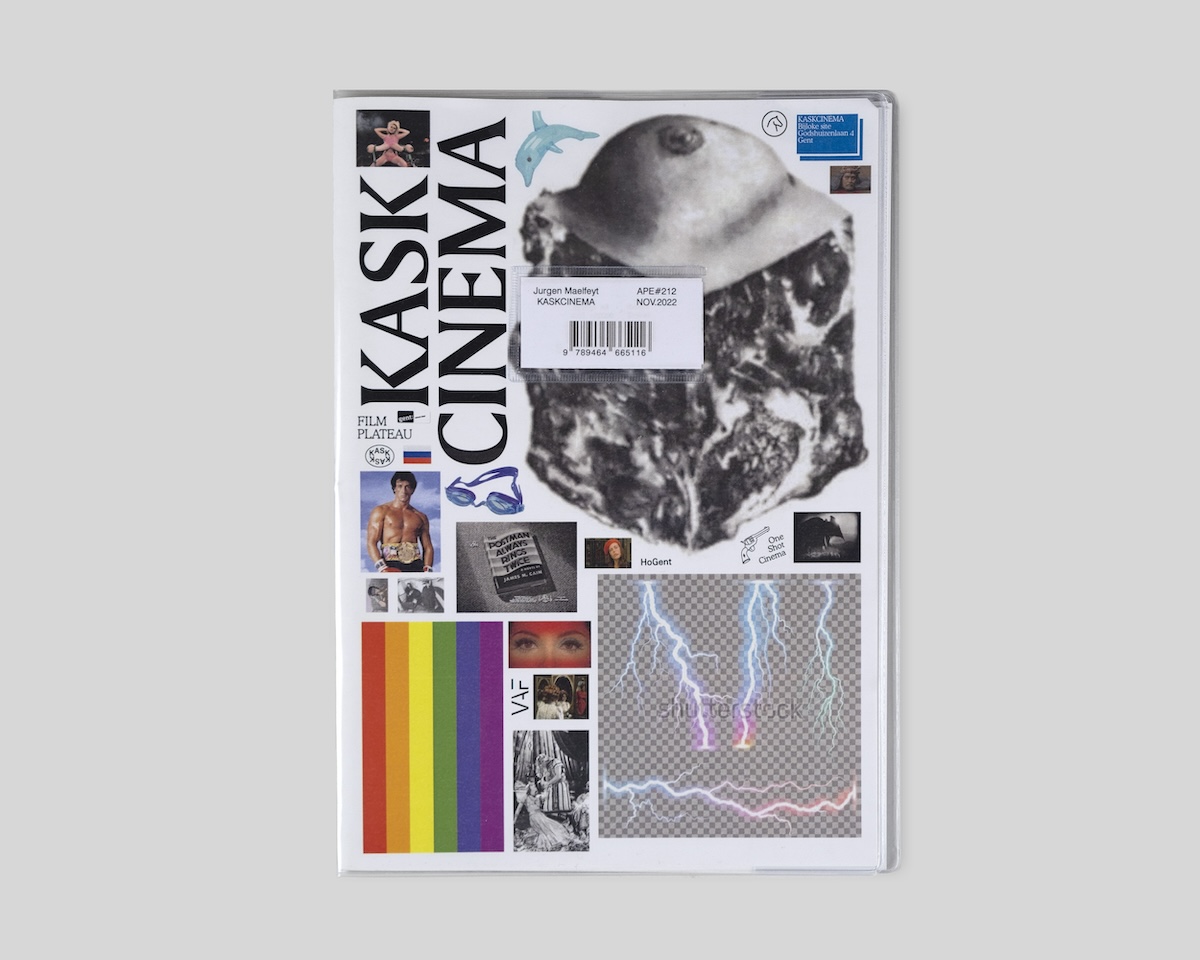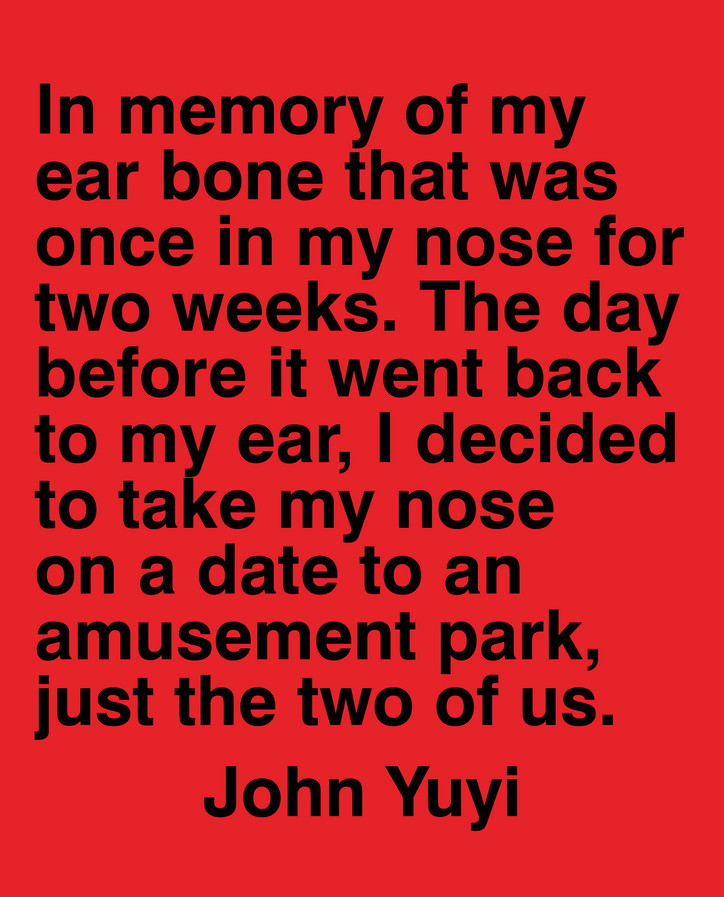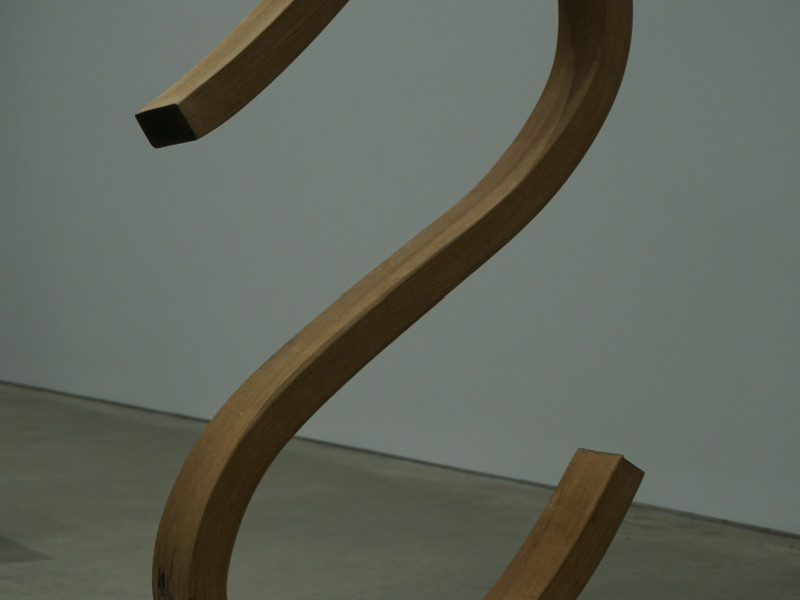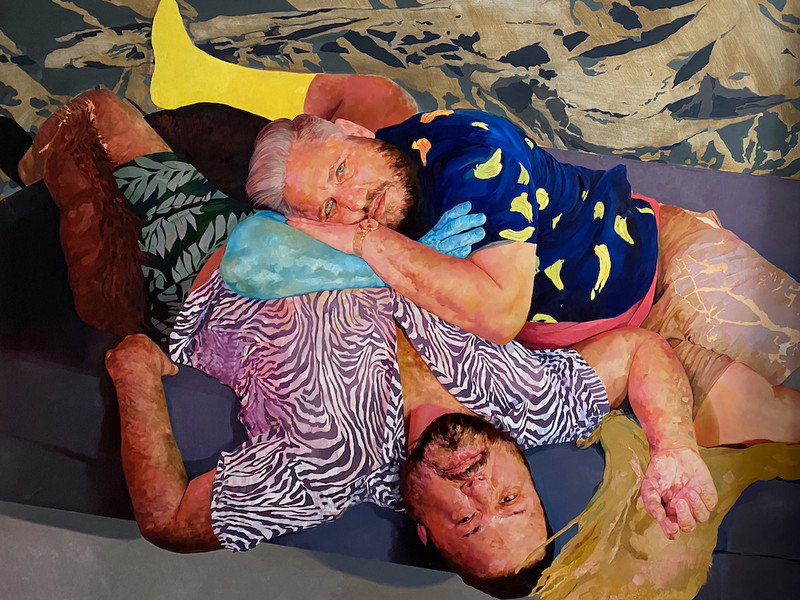“He Is Here!”
By Kay Gabriel
See: Sharon Hayes, “Ricerche: four,” 2024; ektor garcia, “teotihuacan,” 2018; Tourmaline, “Pollinator,” 2022.
Sharon Hayes seems patient.
She asks a lot of older people what they think is going on,
If the gains they fought for have endured,
where they feel safe and if they
think the world is better now or worse than when they were young.
These questions can be frustrating. I mean, I get frustrated,
sometimes, asking people if they think it’s a bad world
and why, and what to do.
Hayes’s interviewees agree the world is worse,
even, than the one in which they came of age, though
they don’t agree on why. They feel something disintegrate.
I’m paraphrasing—they didn’t say disintegrate.
A man acknowledges legal rights.
He’s Black, gay, looks to be in his late 70s.
Watching the moral panic grow—
paraphrasing again—
he suggests the win is fragile. Where’s safe?
Home. Where’s home? A retirement
community in Tennessee. We used to be so afraid
of a liberal world, that it would subtract the force
of our critique, like shock absorbers on a car, or a
Katamari ball yes-and-ing its path across a surface
pounded flat. We, I mean, queers whose consciousness was
easy-baked in like 2012. We regarded with
suspicion the capacity of art to—what, exactly?
Challenge? Sure, if you put it
like that. I mean we watched people sharpen
critique while the relatively powerful repeated it, and metrics
like average inequality, average deaths per day
tunneled deeper into nightmare.
I’m trying to explain a feeling—dispiritedness;
the sense that pricking conscience
wouldn’t do much, even in highly trafficked environments.
Were we wrong? Hannah Baer called herself a “skeptic
at church,” about poetry, not art, but it feels similar:
suspicion about the relationship of content to changing
unbearable conditions. And not even poetry per se but poetry
readings, which can, sure, be dreary affairs. There’s your
ex on his phone. There’s a bad feeling. There’s a pile
of interesting people. Or it’s transcendent,
I mean, the words change something—clarify the obscure, offer
strength to the downtrodden, make productively
light of misery. Cecilia did, “sucking
and sucking,” wishing Chiqui would fall
on stage. Pamela Sneed remembered
Assotto Saint defiant at a funeral: “He is here!”
and I wept. It’s like: “Cecilia!” Patrick wept, when Nan Goldin
read Cookie Mueller’s “Last Letter” in the new Walking Through
Clear Water— “I know, I know, I know that somewhere
there is paradise … Courage, bread and roses,”
see, Hannah, I’m crying right now,
so I don’t hold your position.
Peter Weiss in Aesthetics of Resistance has
his antifascist fighters, exiting Spain,
study Guernica in the woods, and Amilcar
Cabral wrote poetry while he fought the Portuguese.
He died before the victory he made possible.
I could go on, even if the “art world”—a euphemism
for the class that holds the keys—shreds its revanchist wave.
I believe that that, too, will pass,
not just like that. I mean I think that people change their ideas about reality
faster than reality can change. I suspect they do it
faster even when together, which is why Hannah’s
right, it’s church. We’re moved to see each other
moved. It’s nice that the Whitney likes trans
women artists so much: Ser, Pippa, Tourmaline.
Tourmaline’s “Pollinator” video is stunning, her orchid
headdress, her Marsha research. So are ektor garcia’s
sculptures. “Teotihuacan,” named after the ancient
Mesoamerican city in the Valley of Mexico, joins mesmerizing
white crochet to a steel frame. I think about the artifacts Diego
Rivera collected there and framed in the vitrines
at Anahuacalli. Then you climb the stairs and see his planned
mural, Stalin and Mao offering peace to the peoples
of the world—Pesadilla de guerra, sueño de paz.
No, really! Stalin holds a dove. A generically ugly Uncle Sam fumes. His eyeline,
Stalin’s, extends across the mural to where Frida Kahlo
engages visitors. Probably you don’t agree. You wouldn’t say that that’s
how it went. Maybe nor would Sharon Hayes, or her crowd
of gentle older queers. Someone should ask them.
